


International Conference on Smart Innovations in Energy and Mechanical Systems (SIEMS), which will be held by the National University Zaporizhzhia Polytechnic with the support of Cardiff University (UK), University of Stuttgart (Germany), Gdańsk University of Technology (Poland), Offenburg University of Applied Sciences (Germany), International Association for Technological Development and Innovations (IATDI), GPMS International Inc (USA), JSC “Ivchenko-Progress”, JSC “Motor Sich” in Zaporizhzhia, will be devoted to fundamental and applied research and industrial applications in the field of Mechanical and Energy Systems.
The main objective of the conference is to promote research activities, enhance the exchange of scientific information among researchers, developers, engineers, students and practitioners working all over the world. The conference is an ideal platform to exchange views and experiences in the fields related to Mechanical Engineering and Energy.
The SIEMS proceedings will be evaluated for publication in Springer Lecture Notes in Networks and Systems (book series). The books of this series are indexed by Scopus and submitted to Web of Science Core Collection.
SIEMS is a hybrid event with offline and online (Zoom) meetings.
All participants who are not able to attend personally are welcome to give a Video Presentation.
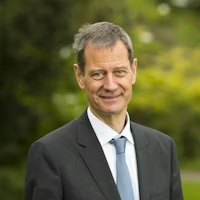
DSc., Professor, Pro Vice-Chancellor, International and Student Recruitment and Head of the College of Physical Sciences and Engineering (United Kingdom)

Ph.D., CEO/Chief Engineer GPMS International Inc (USA)
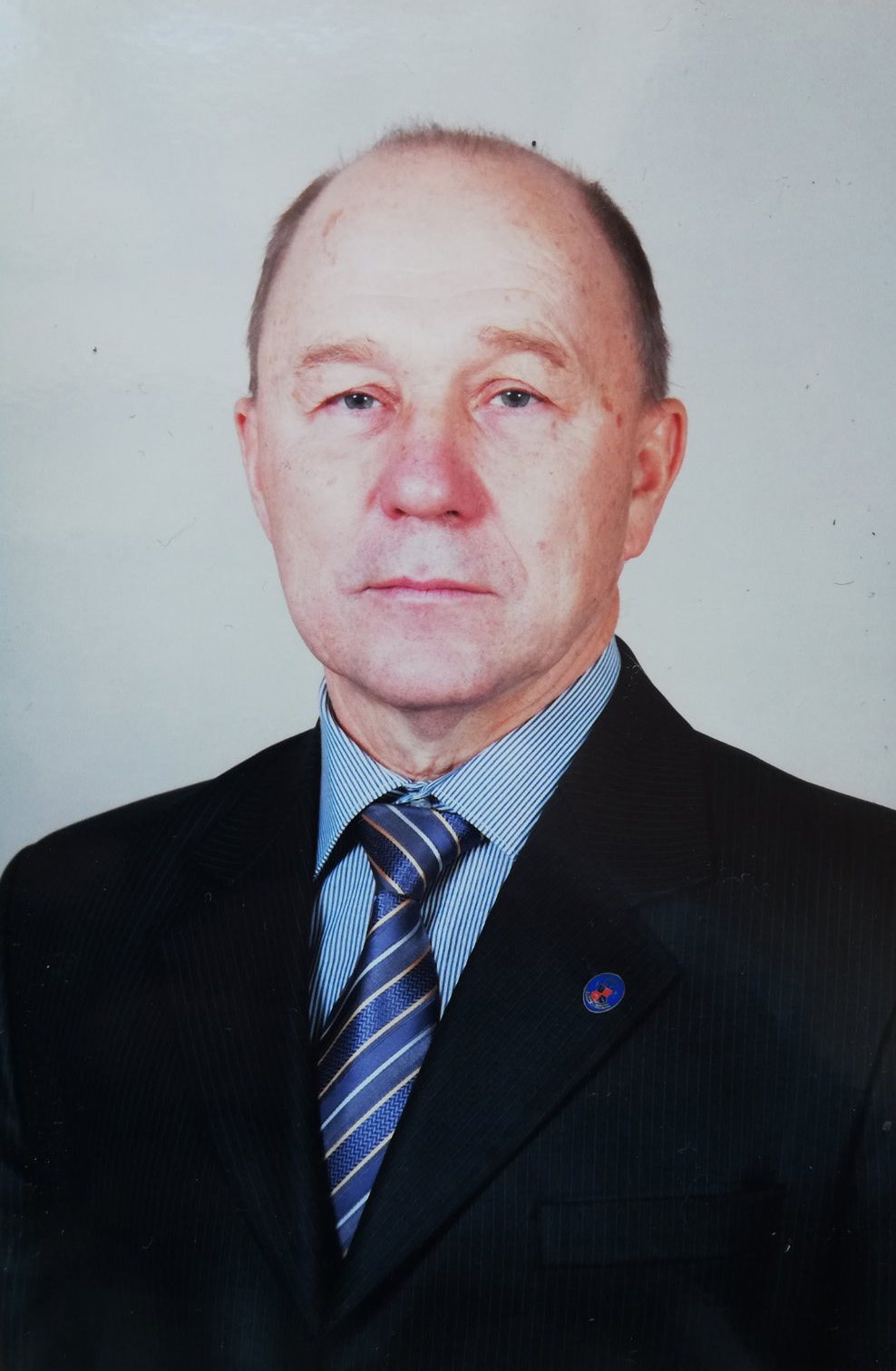
DSc., Professor, Los-Angeles (USA)
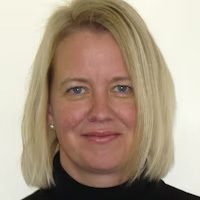
BEng, DPhil, CEng, FIMechE, FRAeS, Professor Sustainable Transport Lead, Cardiff University School of Engineering (United Kingdom)
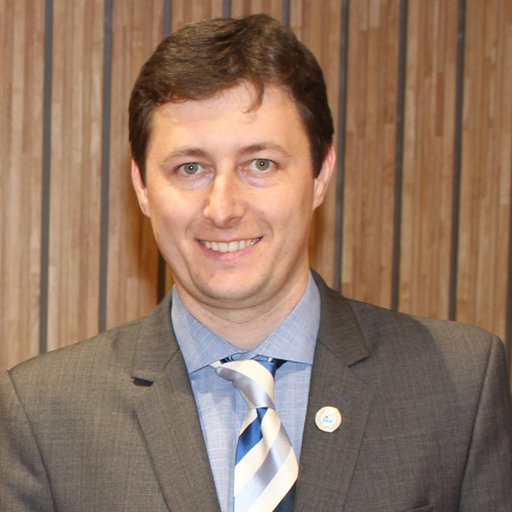
DSc., Professor, Head of the Department of Manufacturing Engineering, Machines and Tools, Sumy State University (Ukraine)
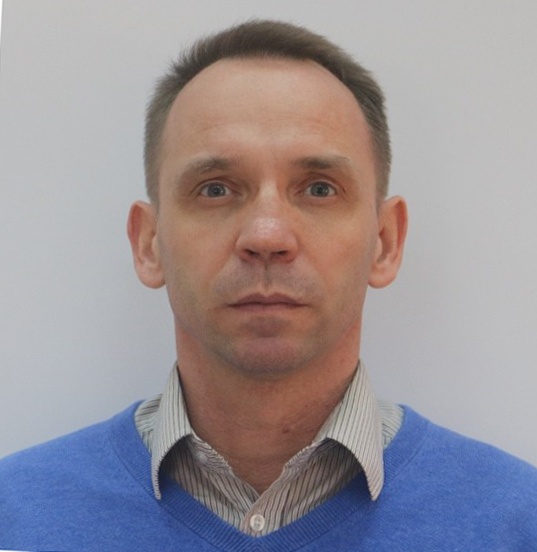
DSc., Professor, Head of the Aviation Engine Technology Department, National University Zaporizhzhia Polytechnic (Ukraine)
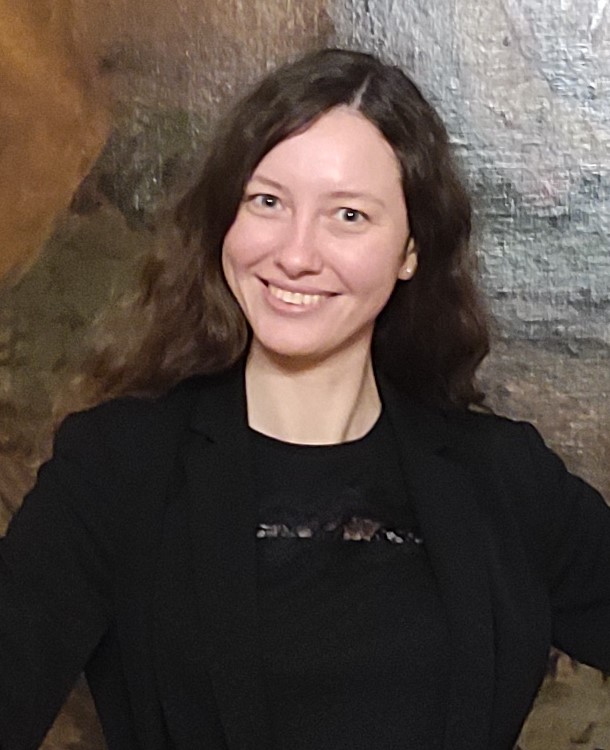
Ph.D., Technology engineer R&D, Atlas Copco, Wilrijk (Belgium)
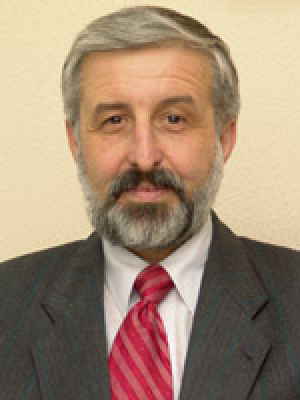
DSc., Professor, Head of Institute of Digital Technologies, Design and Transport, Odesa Polytechnic National University (Ukraine)
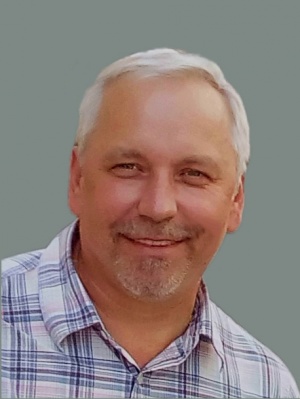
DSc., Professor, Head of the Department of Robotics and Integrated Engineering Technologies, Lviv Polytechnic National University (Ukraine)
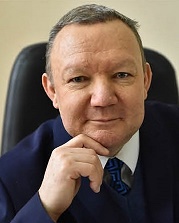
DSc., Professor, Head of the Department of Manufacturing Engineering and Metal-cutting Machine Tools, National Technical University "KhPI" (Ukraine)
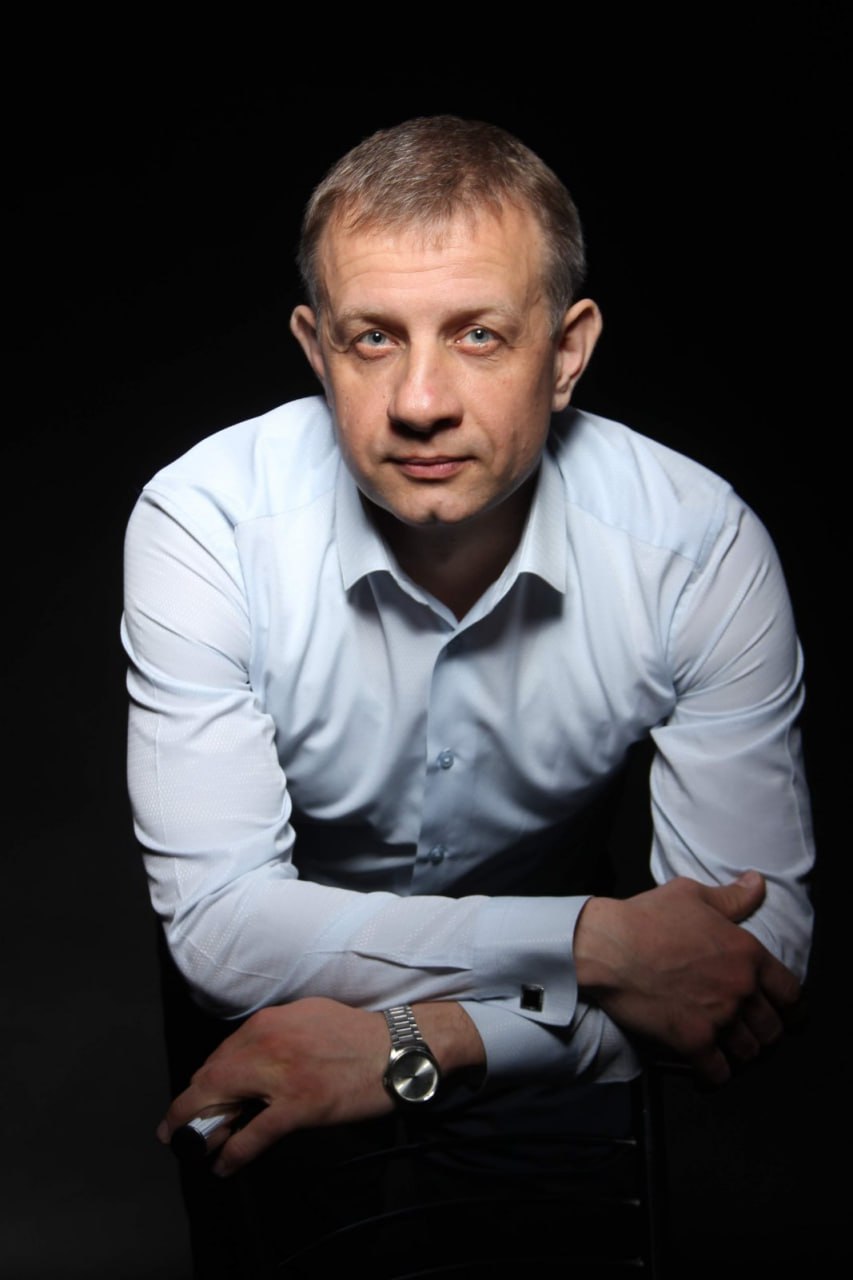
PhD in Technical Sciences, Associate Professor of the Department of Manufacturing Engineering National Technical University of Ukraine “Igor Sikorsky Kyiv Polytechnic Institute” (Ukraine)
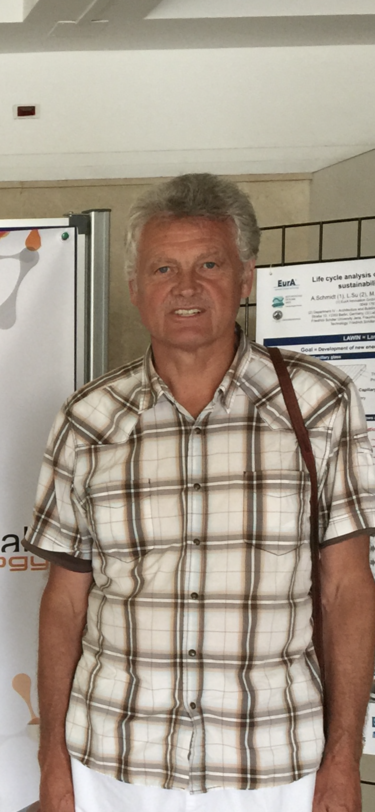
Dr. habil., Professor, Department of Technology Fundamentals, Lublin University of Technology (Poland)
D.Sc., Professor, Georgian Technical University (Georgia)
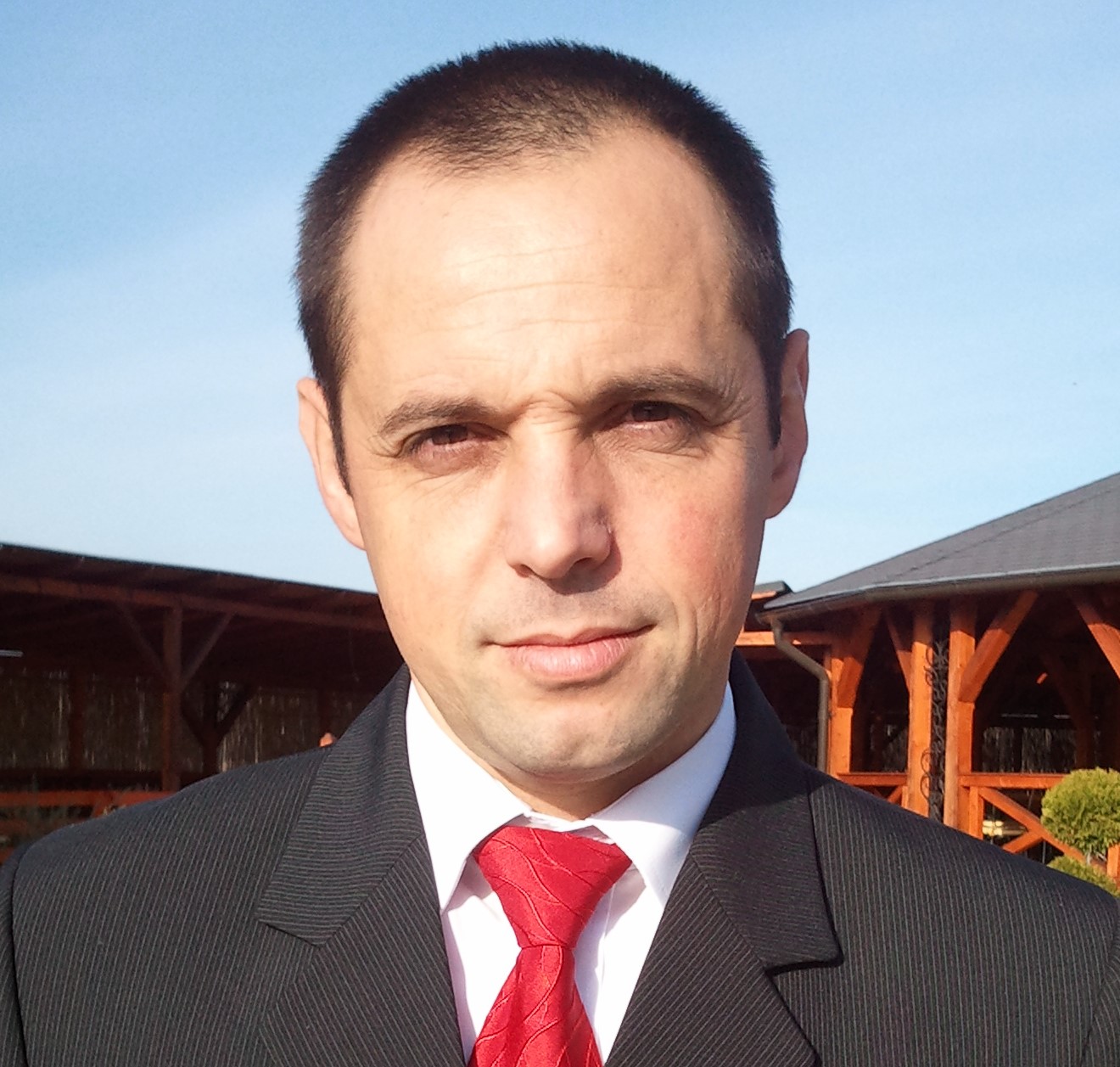
Ph.D., Associate Professor, Technical University of Cluj-Napoca, North University Center Baia Mare (Romania)

D.Sc., Professor, Department of Manufacturing Systems, Faculty of Mechanical Engineering and Robotics, AGH University of Krakow (Poland)
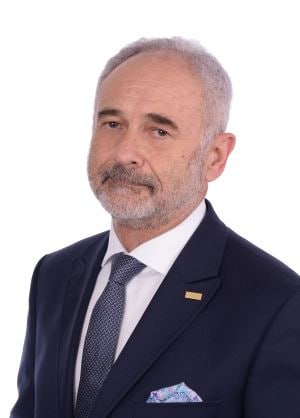
D.Sc., Professor, AGH University of Krakow (Poland)
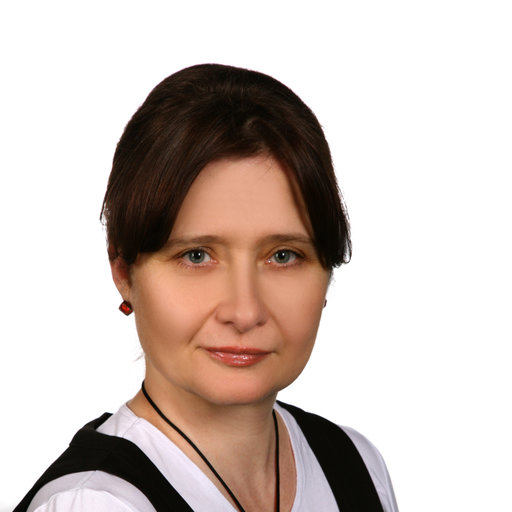
Dr. habil., Professor, Lublin University of Technology (Poland)
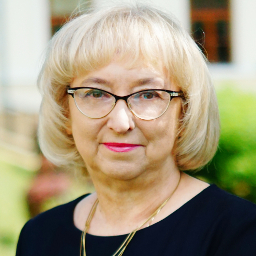
Dr. habil., Professor, Lublin University of Technology (Poland)
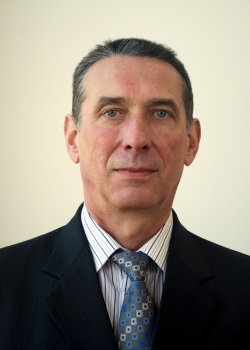
D.Sc., Professor, Ivano-Frankivsk National Technical University of Oil and Gas (Ukraine)
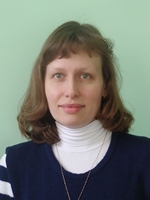
D.Sc., Professor, Head of Department of Theoretical and General Electrical Engineering, Lviv Polytechnic National University (Ukraine)
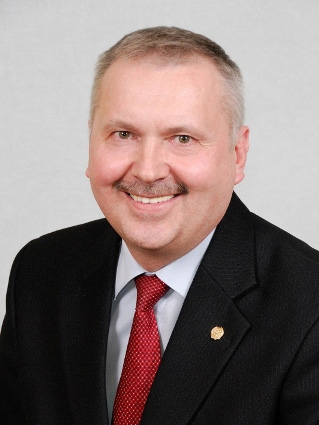
D.Sc., Professor, Theoretical Electrical Engineering Department, National Technical University of Ukraine “Igor Sikorsky Kyiv Polytechnic Institute” (Ukraine)
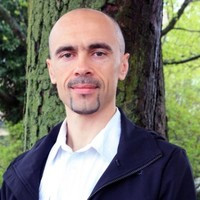
D.Sc., Professor, Department of Mechanical Engineering Sciences, Lund University (Sweden)
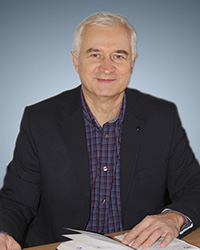
D.Sc., Professor, Head of Computer and Information Technology Department, Donbas State Engineering Academy (Ukraine)
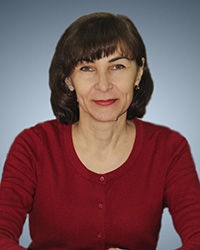
Ph.D., Associate Professor, Computer and information technology department, Donbas State Engineering Academy (Ukraine)
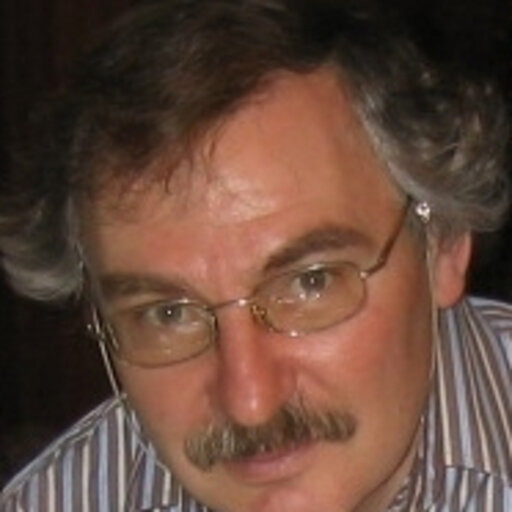
D.Sc., Professor, Principal Investigator at Donetsk Institute for Physics and Engineering named after A.Galkin of the National Academy of Sciences of Ukraine (Ukraine)
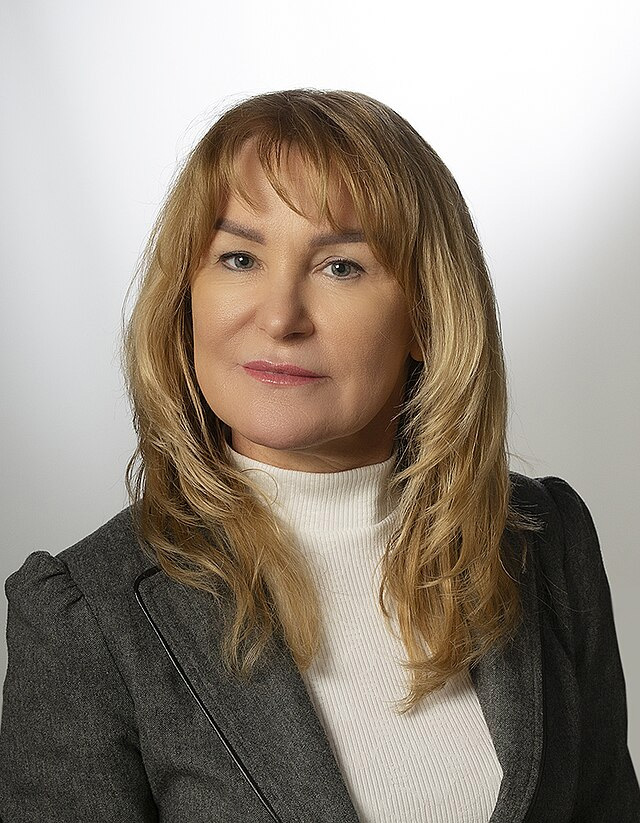
Dr. habil., Professor, Department of Industrial Informatics Faculty of Materials Engineering, Silesian University of Technology (Poland)
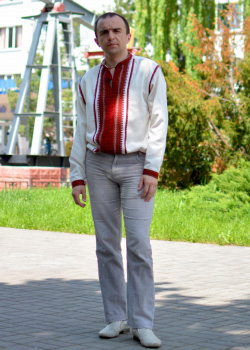
D.Sc., Professor, Department of Advanced Mathematics, Ivano-Frankivsk National Technical University of Oil and Gas (Ukraine)
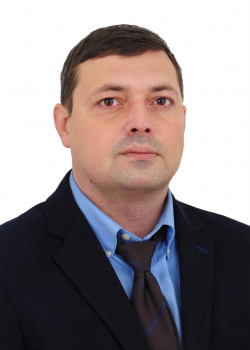
Ph.D., Associate Professor, Department of Welding Engineering, Ivano-Frankivsk National Technical University of Oil and Gas (Ukraine)
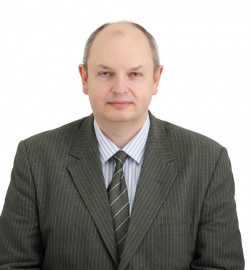
D.Sc., Professor, Department of Information and Telecommunication Technology and Systems, Ivano-Frankivsk National Technical University of Oil and Gas (Ukraine)
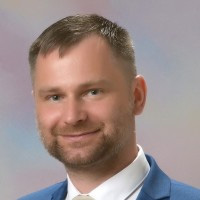
Ph.D., Associate Professor, Director of Institute of Aeronautics, Riga Technical University (Latvia)
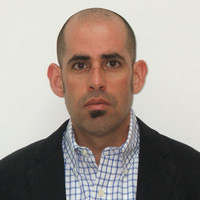
Ph.D., Doctor, Head of Department at Shamoon College of Engineering, Sami Shamoon College of Engineering (Israel)
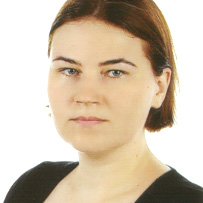
Ph.D., Professor, Institute of Material Engineering, Cracow University of Technology (Poland)
Ph.D., Associate Professor, Electric Drive and Commercial Plant Automation Department, National University Zaporizhzhia Polytechnic (Ukraine)
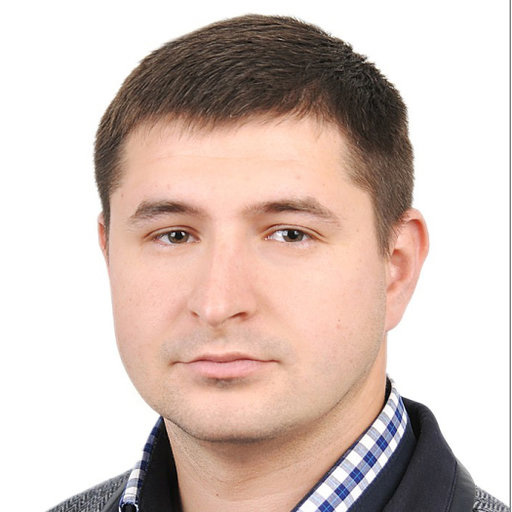
Ph.D., Research Associate Professor at Osaka University (Japan), Adjunct Professor at the American University Kyiv (Ukraine)
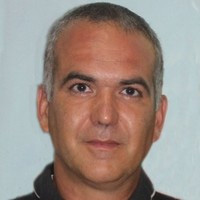
DSc., Associate Professor, Department of Production Engineering, University of Novi Sad (Serbia)
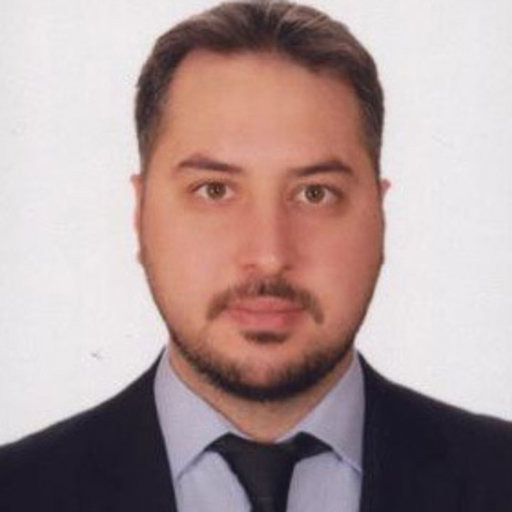
Ph.D., Professor, Department of Mechanical Engineering, Yildiz Technical University (Turkey)
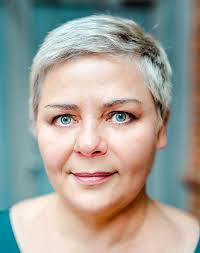
D.Sc., Research Assistant at Poznan University of Technology (Poland)
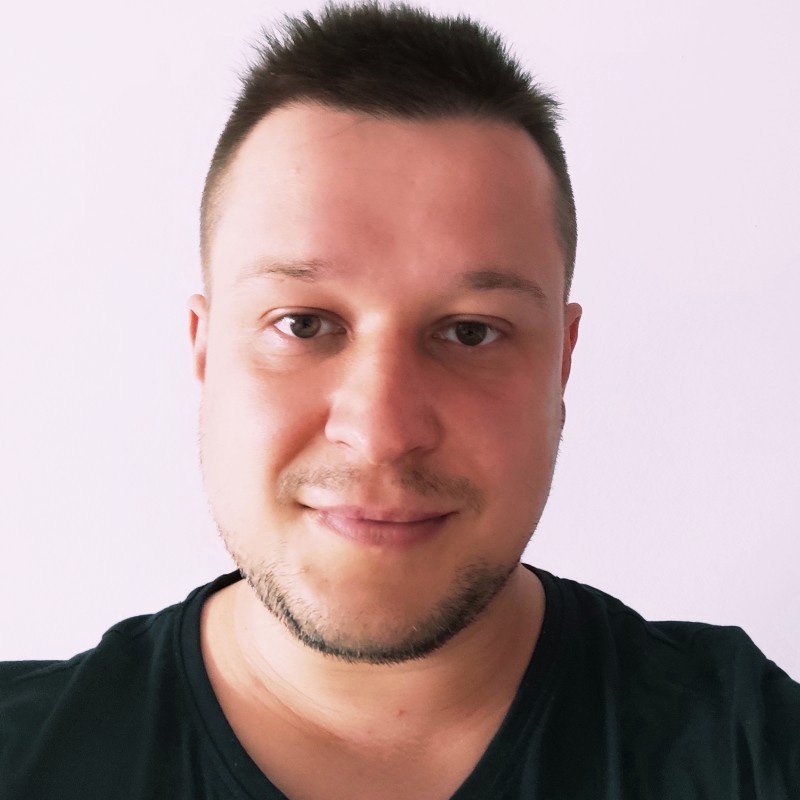
PhD., Institute of Marketing and Sustainable Development, Lodz University of Technology (Poland)
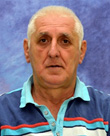
D.Sc., Professor, University Union "Nikola Tesla" (Serbia)
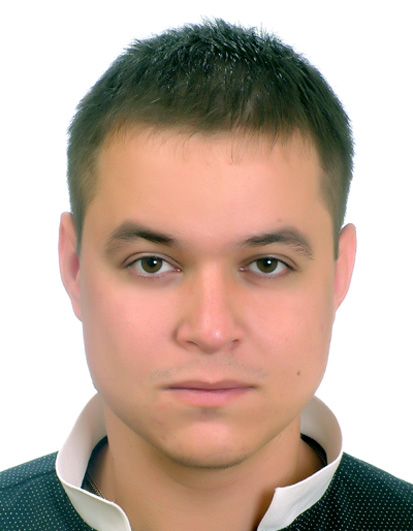
Ph.D., Assistant Professor, Gdansk University of Technology, Gdansk (Poland)
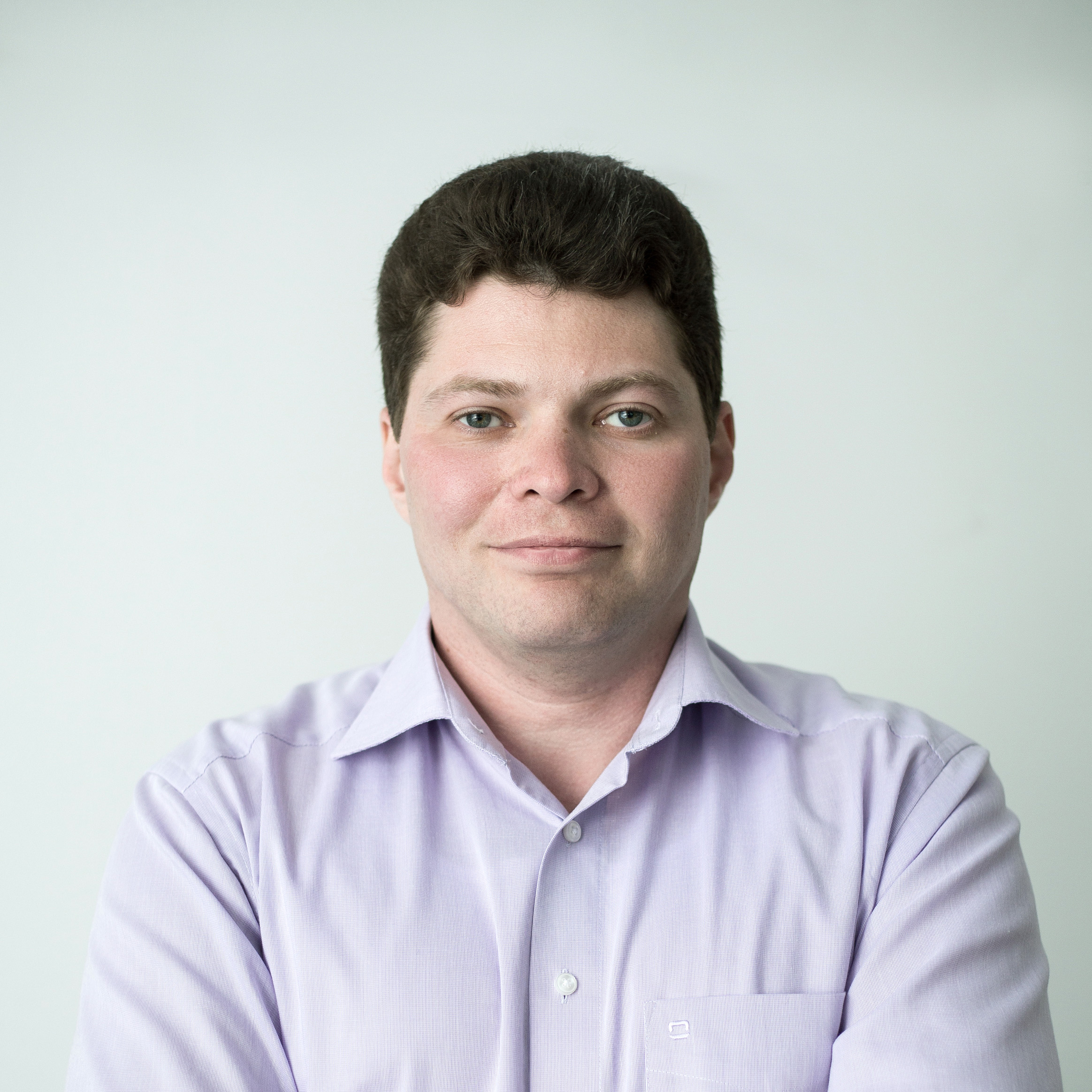
Professor, Dr.-Ing. at Hochschule für Wirtschaft und Recht Berlin (Germany)
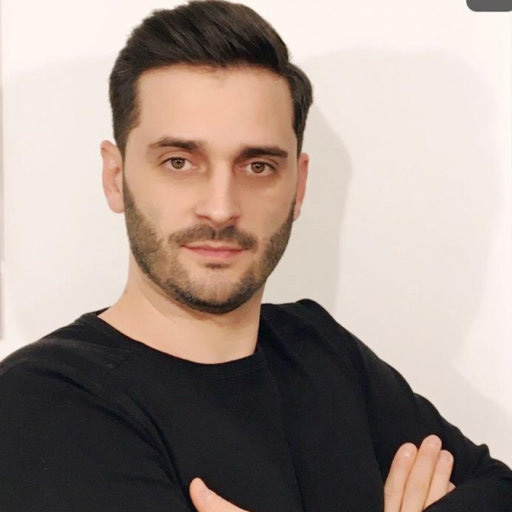
Ph.D., Associate Professor, Department of Design Engineering and Robotics, Technical University of Cluj-Napoca (Romania)
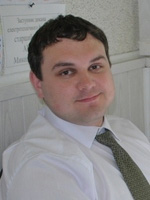
Ph.D., Dean of the Electrical Engineering Faculty, National University Zaporizhzhia Polytechnic (Ukraine)
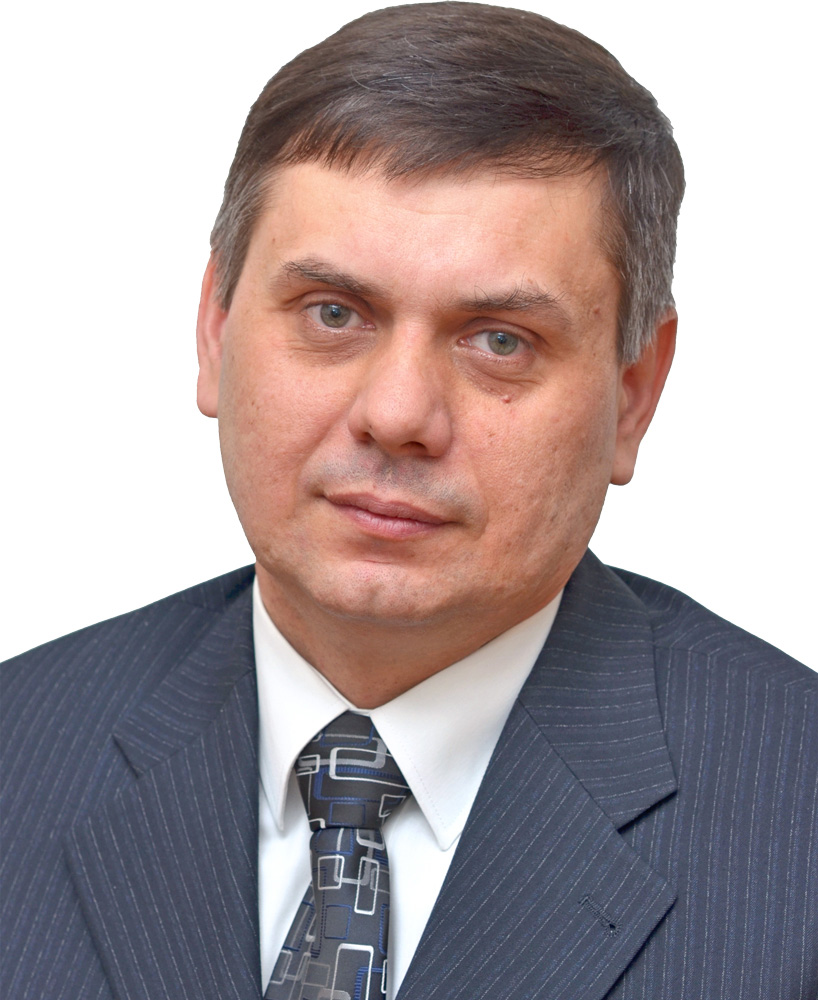
Ph.D., Head of the Electric Drive and Commercial Plant Automation Department, National University Zaporizhzhia Polytechnic (Ukraine)
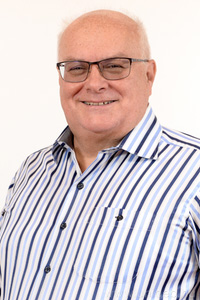
Ph.D., Dean of faculty, head of Electrical Engineering and Mechatronics Department, University of Debrecen (Hungary)
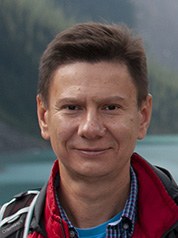
Ph.D., Associate Professor, Department of Materials Science and Engineering, McMaster University (Canada)
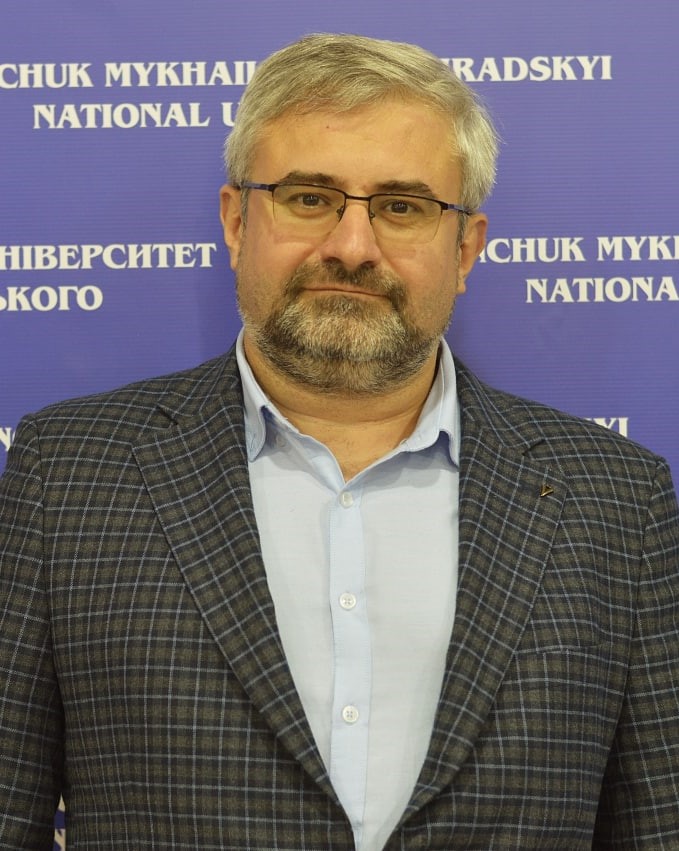
D.Sc., Professor, Head of Department of Electrical Engineering, Kremenchuk Mykhailo Ostrohradskyi National University (Ukraine)
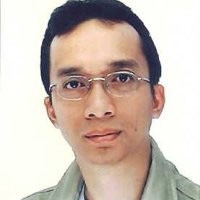
Ph.D., Associate Professor, Department of Mechanical Engineering, Katholieke Universiteit Leuven (Belgium)
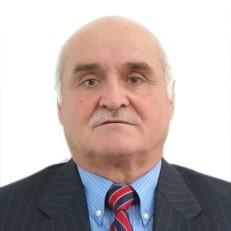
D.Sc., Professor, Head of Power Consumption Technologies Department, Georgian Technical University (Georgia)
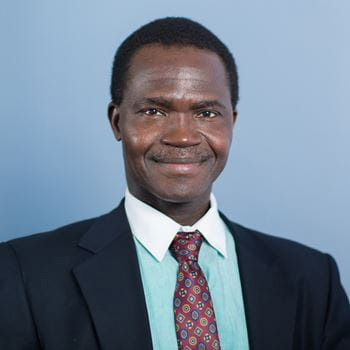
Ph.D., PGCertTLHE, CEng, GERI, Professor, Liverpool John Moores University (United Kingdom)
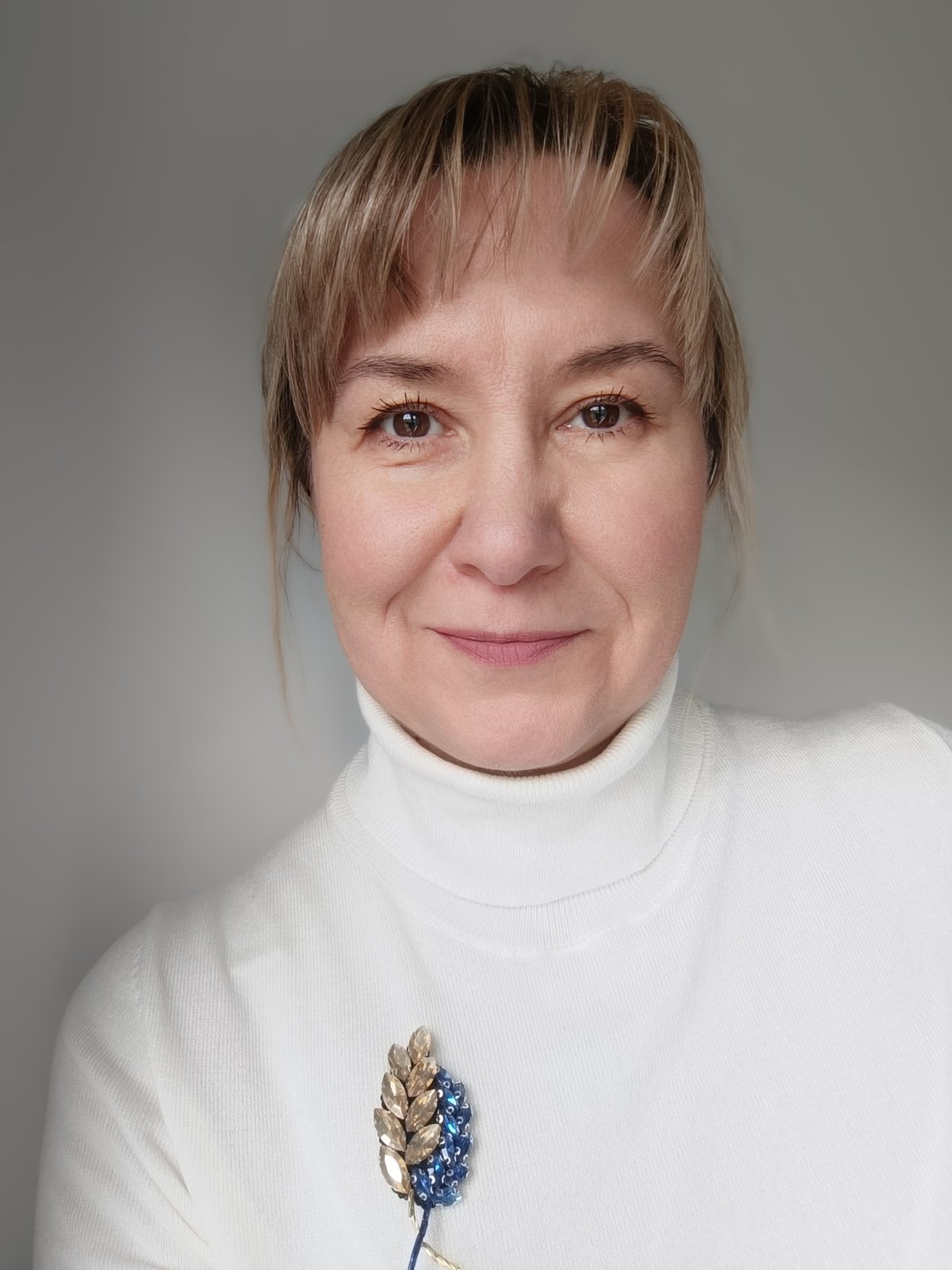
Ph.D., Associate Professor, Department of Foreign Philology and Translation, Zaporizhzhia Polytechnic National University (Ukraine), ESOL Teacher, Step2Skills adult community learning and employment support service, Hertfordshire County Council (United Kingdom)
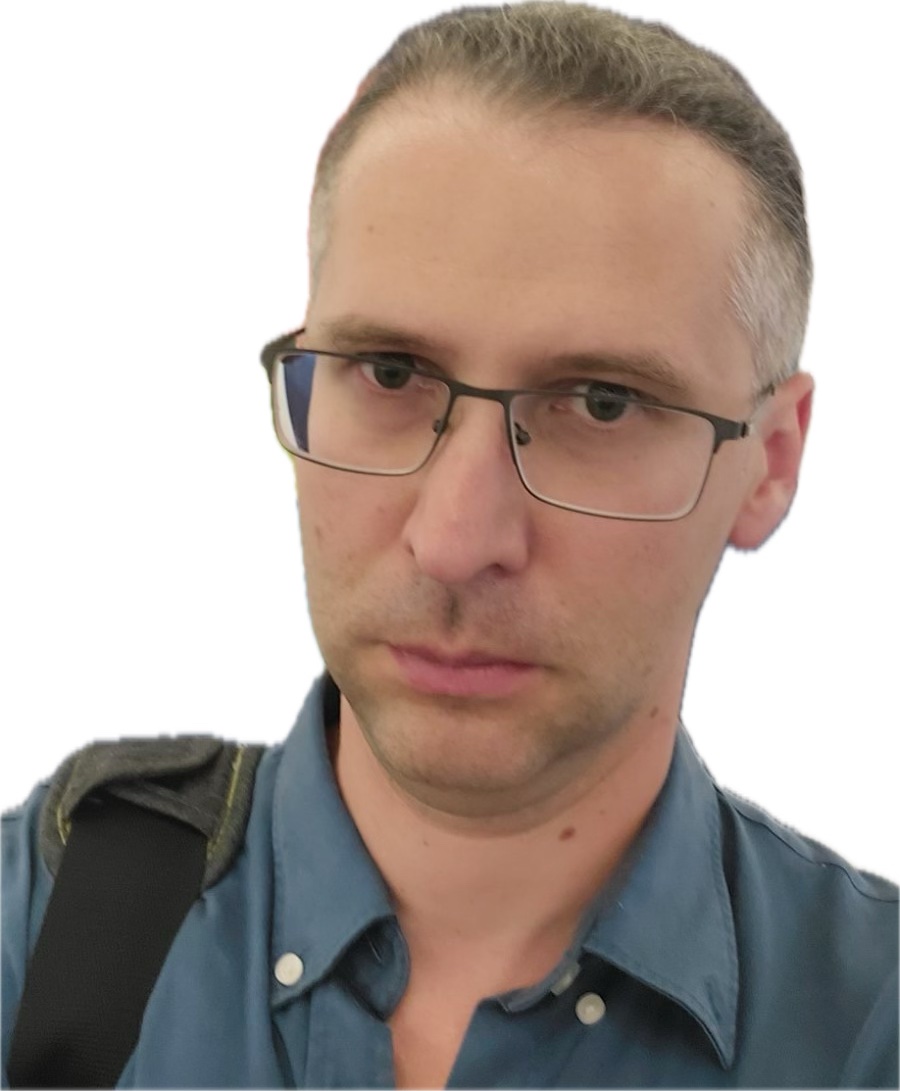
Ph.D., Chief Scientific Officer, UNDERSLAB LTD OOD (Bulgaria)
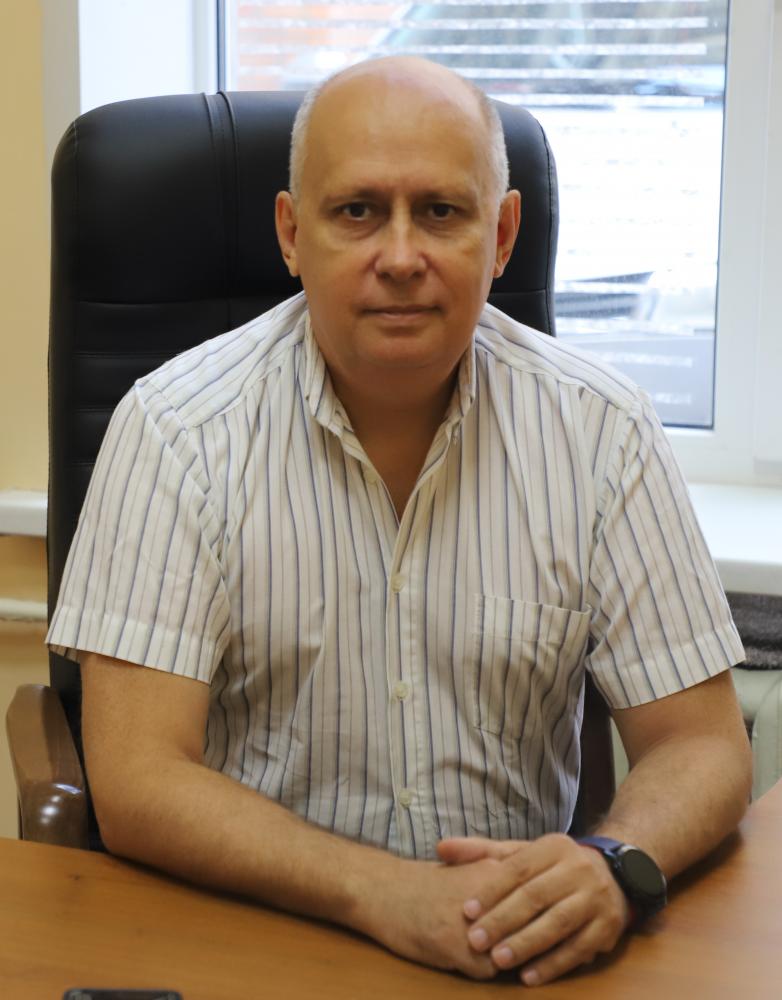
Ph.D., Associate Professor, Head of the Metal Cutting Machines and Tools Department, National University Zaporizhzhia Polytechnic (Ukraine)
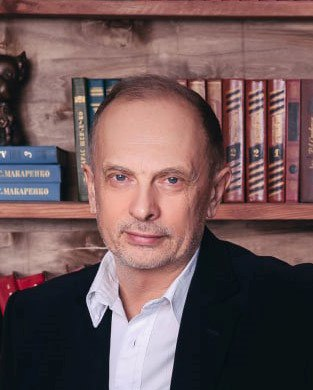
Ph.D., Associate Professor, Human-Computer Interaction Department College of Information Sciences and Technology The Pennsylvania State University (USA)
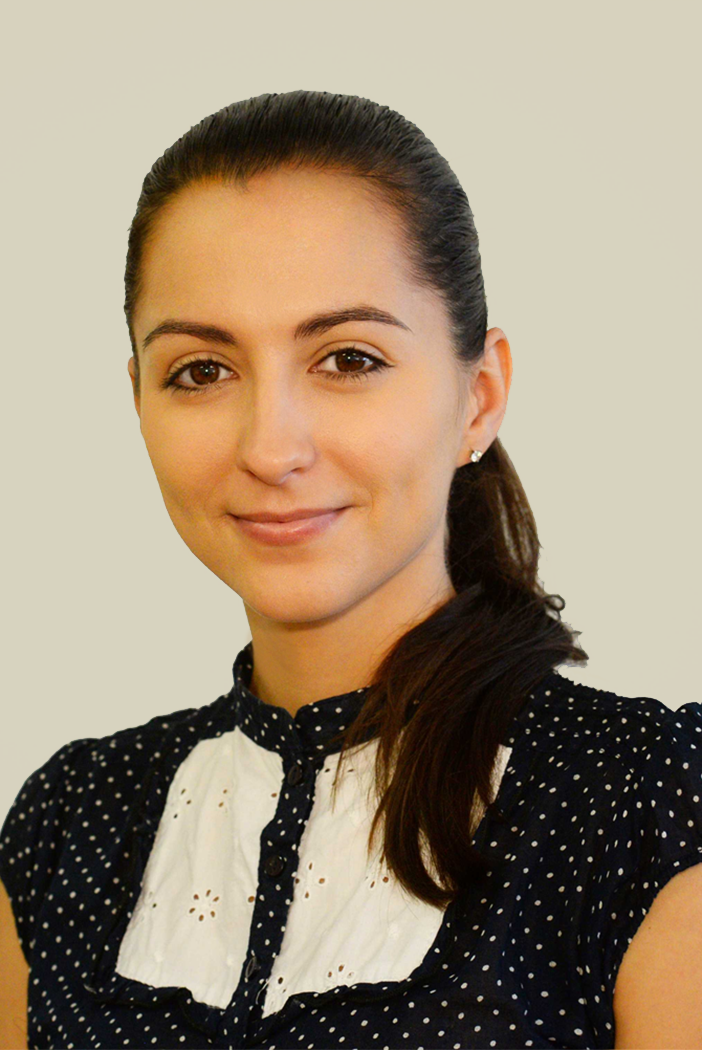
Ph.D., Special assistant of the Department of Industrial Engineering and Informatics of the Faculty of Manufacturing Technologies with the seat in Prešov, Technical University of Košice (Slovakia)
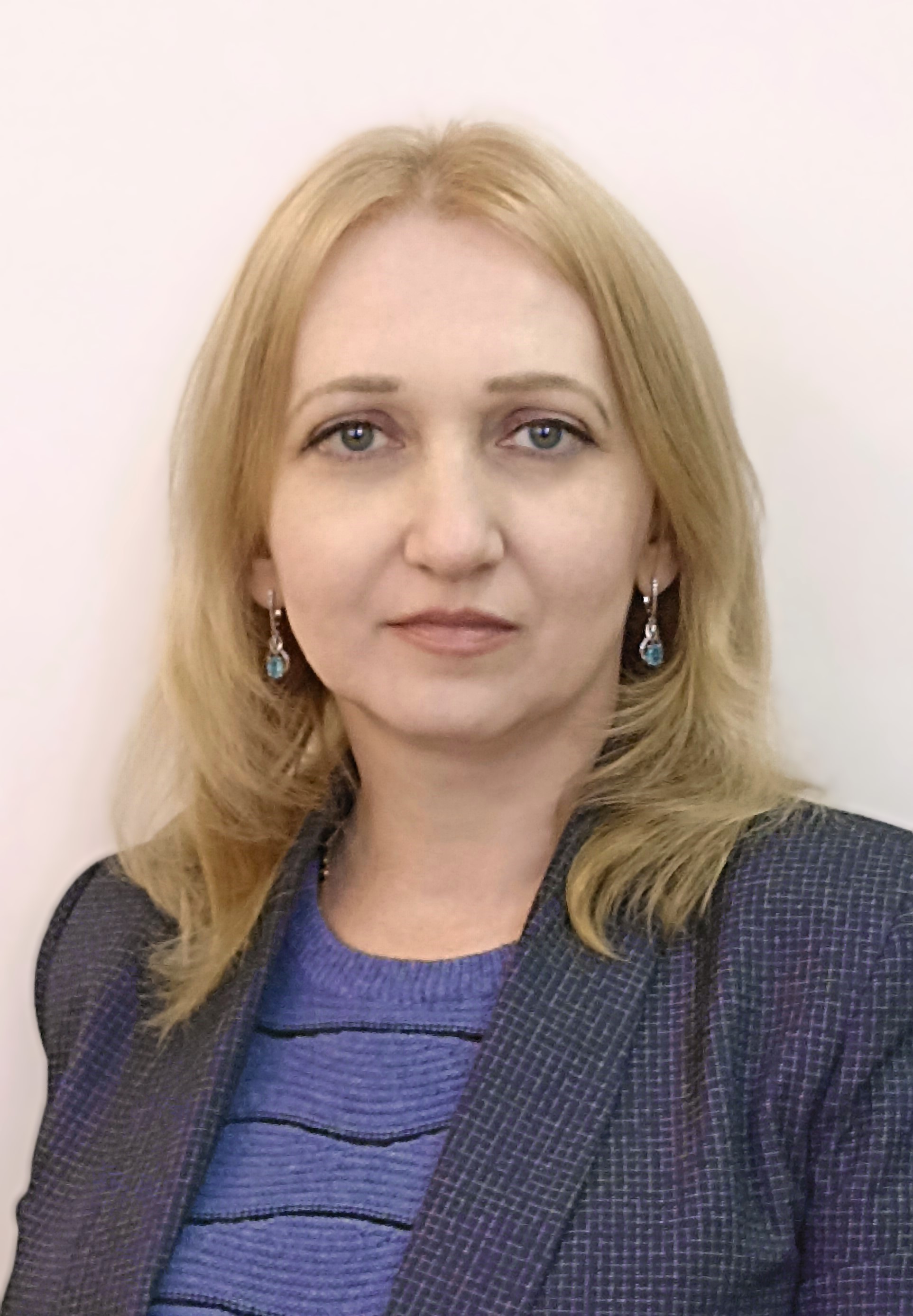
Professor, D.Sc., Corresponding Member of the NAS of Ukraine, Head of Department, Karpenko Physico-Mechanical Institute of the National Academy of Sciences of Ukraine (Ukraine)
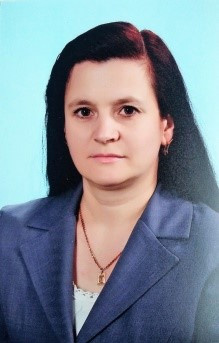
Ph.D., Associate Professor of the Department of Applied Mechanics and Mechatronics, Lutsk National Technical University (Ukraine)
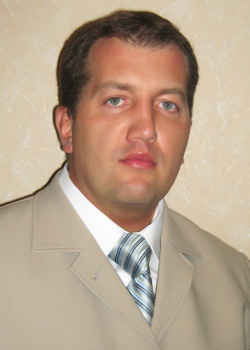
Ph.D., Associate Professor, Department of Construction and Energy-Efficient Buildings, Ivano-Frankivsk National Technical University of Oil and Gas (Ukraine)
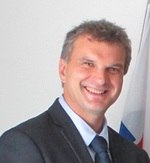
Dr. ing. Prof. h.c., Faculty of Engineering Technology, Department of machine building, KU Leuven (Belgium), Honorary professor, National University Zaporizhzhia Polytechnic (Ukraine)
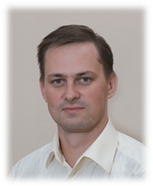
Ph.D., Associate Professor, Head of Department of Power Supply for Industrial Enterprises, National University Zaporizhzhia Polytechnic (Ukraine)
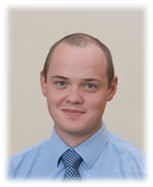
DSc., Professor, Professor of Department of Power Supply for Industrial Enterprises, National University Zaporizhzhia Polytechnic (Ukraine)
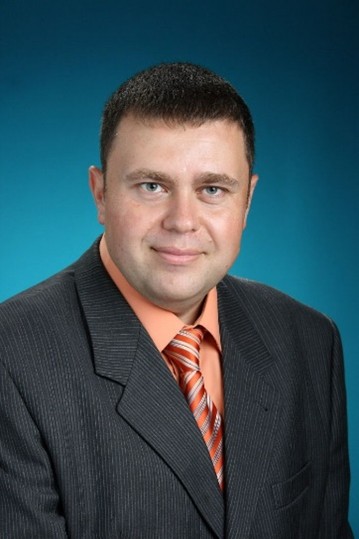
Ph.D., Associate Professor, Vinnytsia National Technical University (Ukraine)
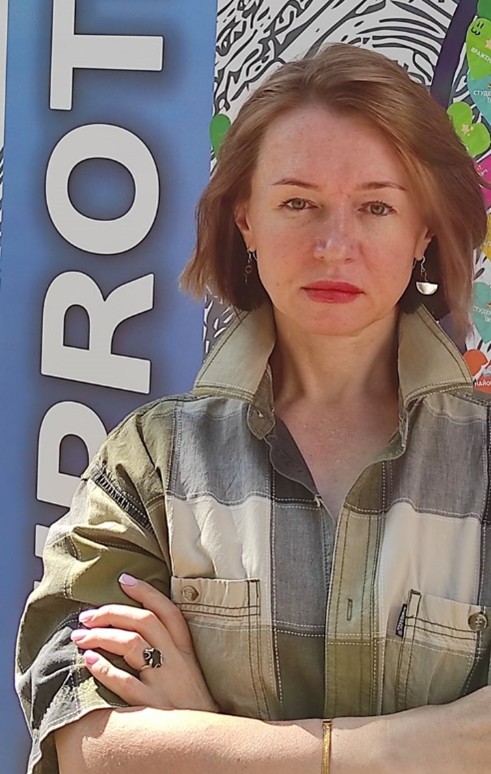
Ph.D., Associate Professor, Dnipro University of Technology (Ukraine)
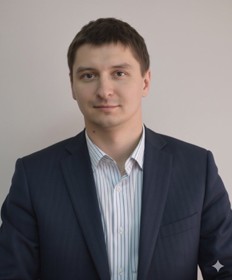
Ph.D., Associate Professor, Kharkiv National Automobile and Highway University (Ukraine)
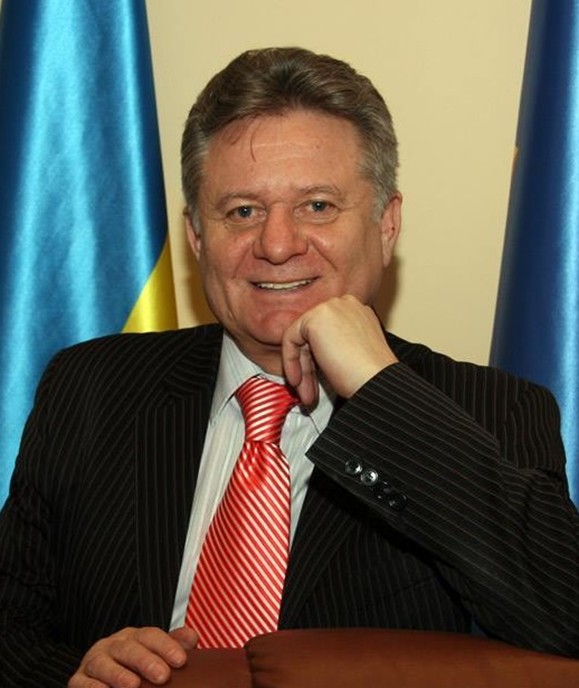
DSc.,, Professor, South Ukrainian National Pedagogical University named after K. D. Ushynsky, Odesa, Ukraine
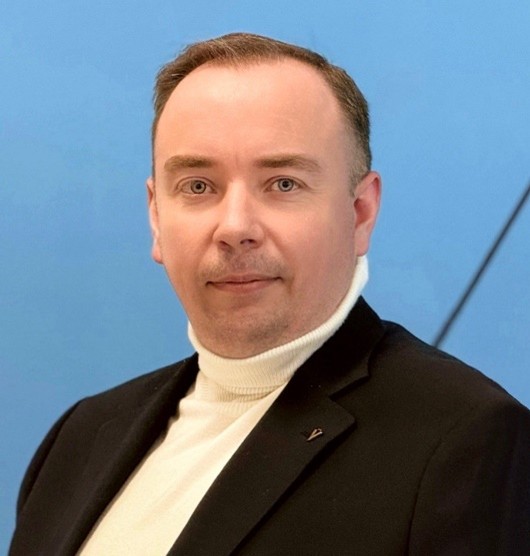
DSc., Professor, National University of Life Resources and Environmental Management of Ukraineт (Ukraine)
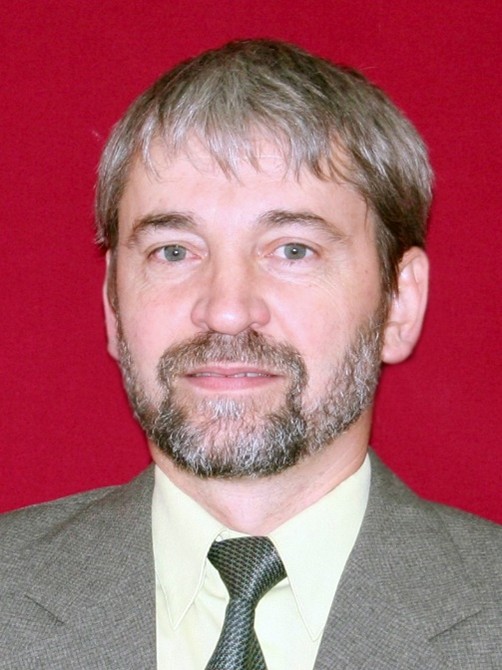
Professor, G. V. Kurdyumov Institute for Metal Physics, National Academy of Sciences of Ukraine (Ukraine)
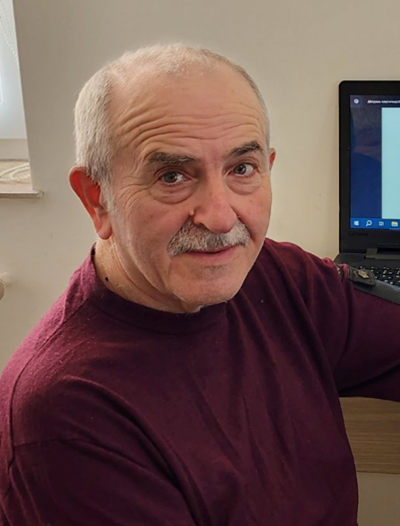
DSc.,Professor, Zhytomyr Polytechnic State University (Ukraine)
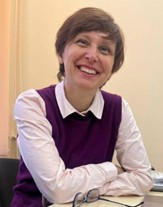
Ph.D., Associate Professor, National University Zaporizhzhia Polytechnic (Ukraine)
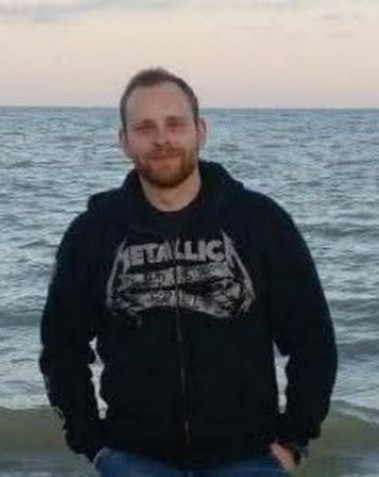
Ph.D., Associate Professor, National University Zaporizhzhia Polytechnic (Ukraine)
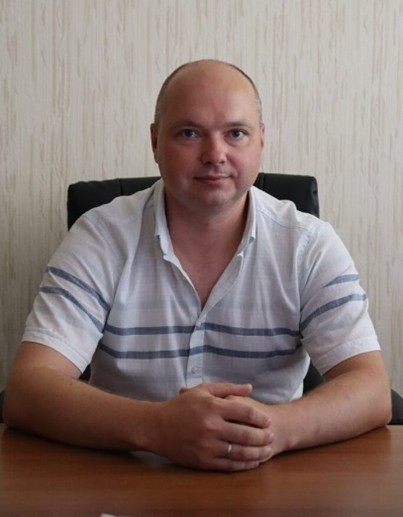
Ph.D., Associate professor of Electrical Engineering and Information and Measurement Department, Chernihiv Polytechnic National University (Ukraine)
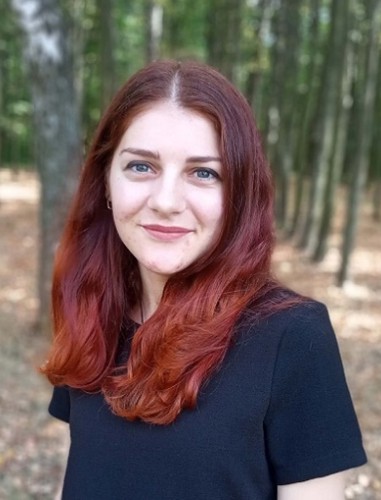
Ph.D., Associate professor, Sumy State University, Researcer at Technical University of Kosice (Slovak Republic)
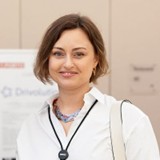
Ph.D., Senior Lecturer of Politechnica Poznsnska (Poland)
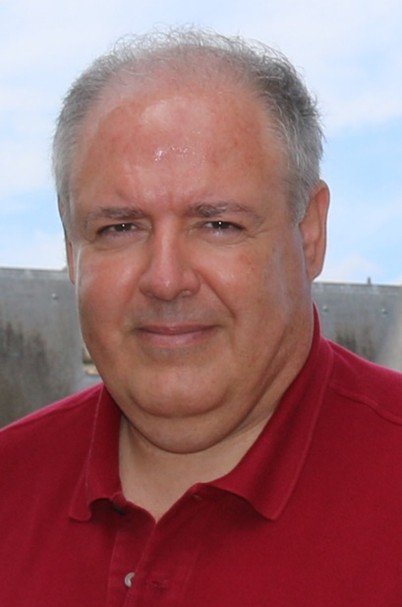
Associate Professor, School of Engineering, University of Porto (Portugal)
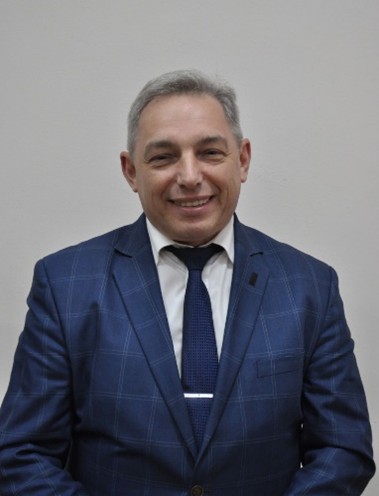
DSc., Professor, Head of the Department of Technological Equipment and Computer Design Technologies, National University of Food Technologies (Ukraine)
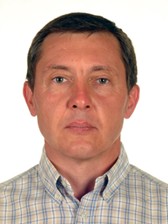
DSc., Associate Professor, Professor of the Department of Power Plants and Systems, Vinnytsia National Technical University (Ukraine)
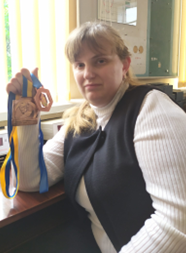
Ph.D., Associate Professor, National University Zaporizhzhia Polytechnic (Ukraine)
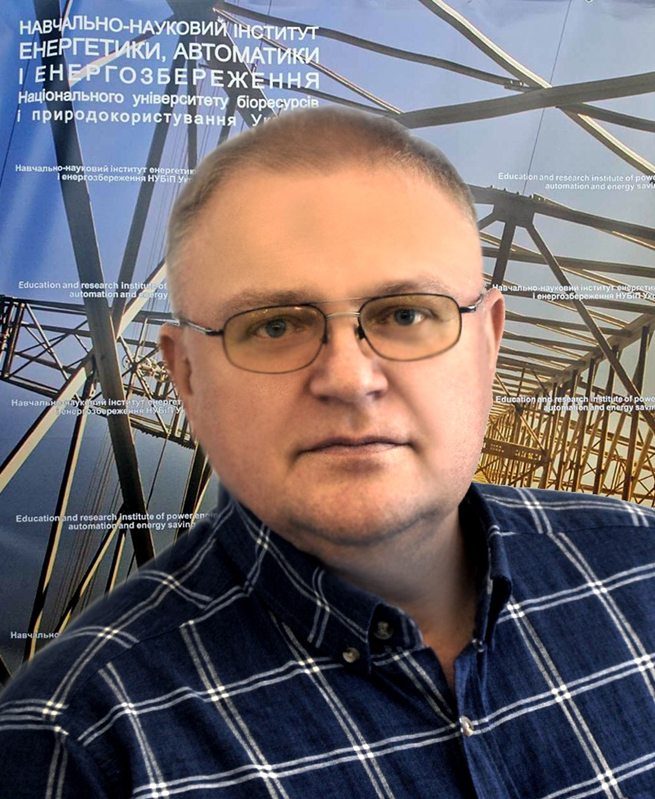
Ph.D., Associate Professor of the Department of Energy Systems Engineering, National University of Life and Environmental Sciences of Ukraine (Ukraine)
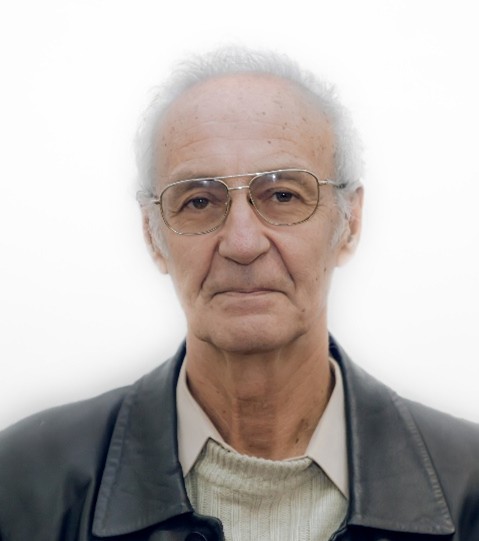
DSc., Professor, National University Zaporizhzhia Polytechnic (Ukraine)
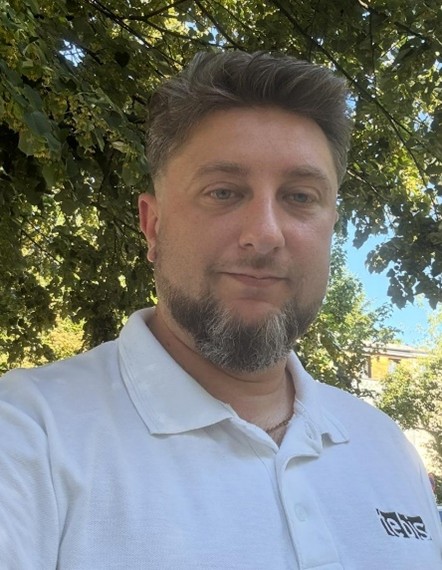
CEO, AMS International (Poland)
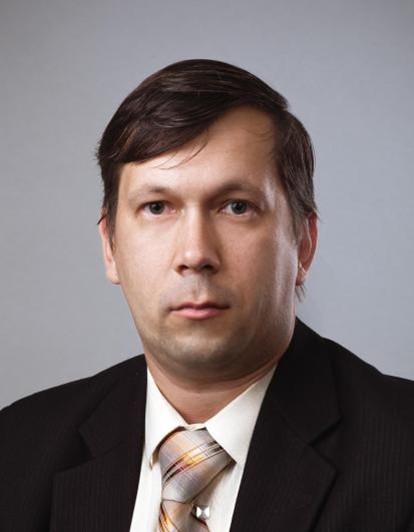
Ph.D., Associate Professor, Department of Electromechanical Systems Automation and Electrical Drives, “Igor Sikorsky Kyiv Polytechnic Institute” (Ukraine)
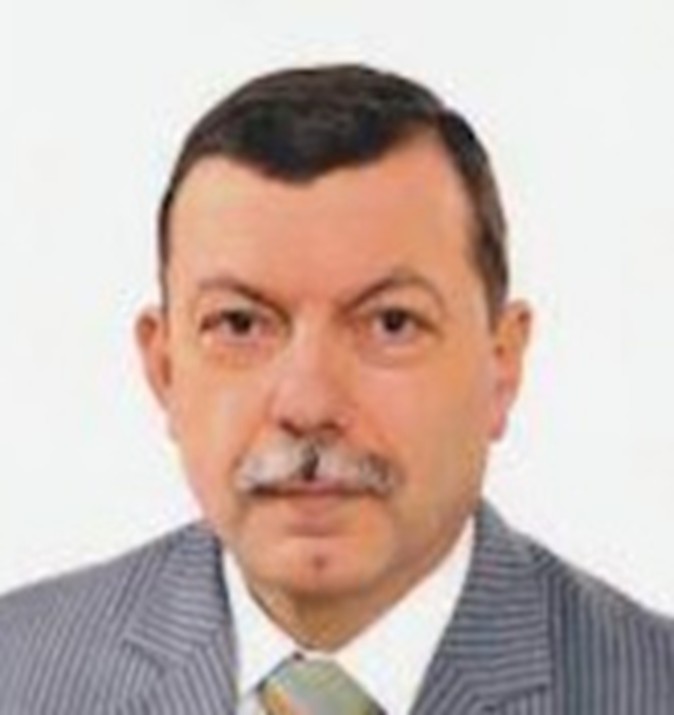
DSc., Professor, Department of Information and measurement technologies and energy management, Ivano-Frankivsk National Technical University of Oil and Gas (Ukraine)
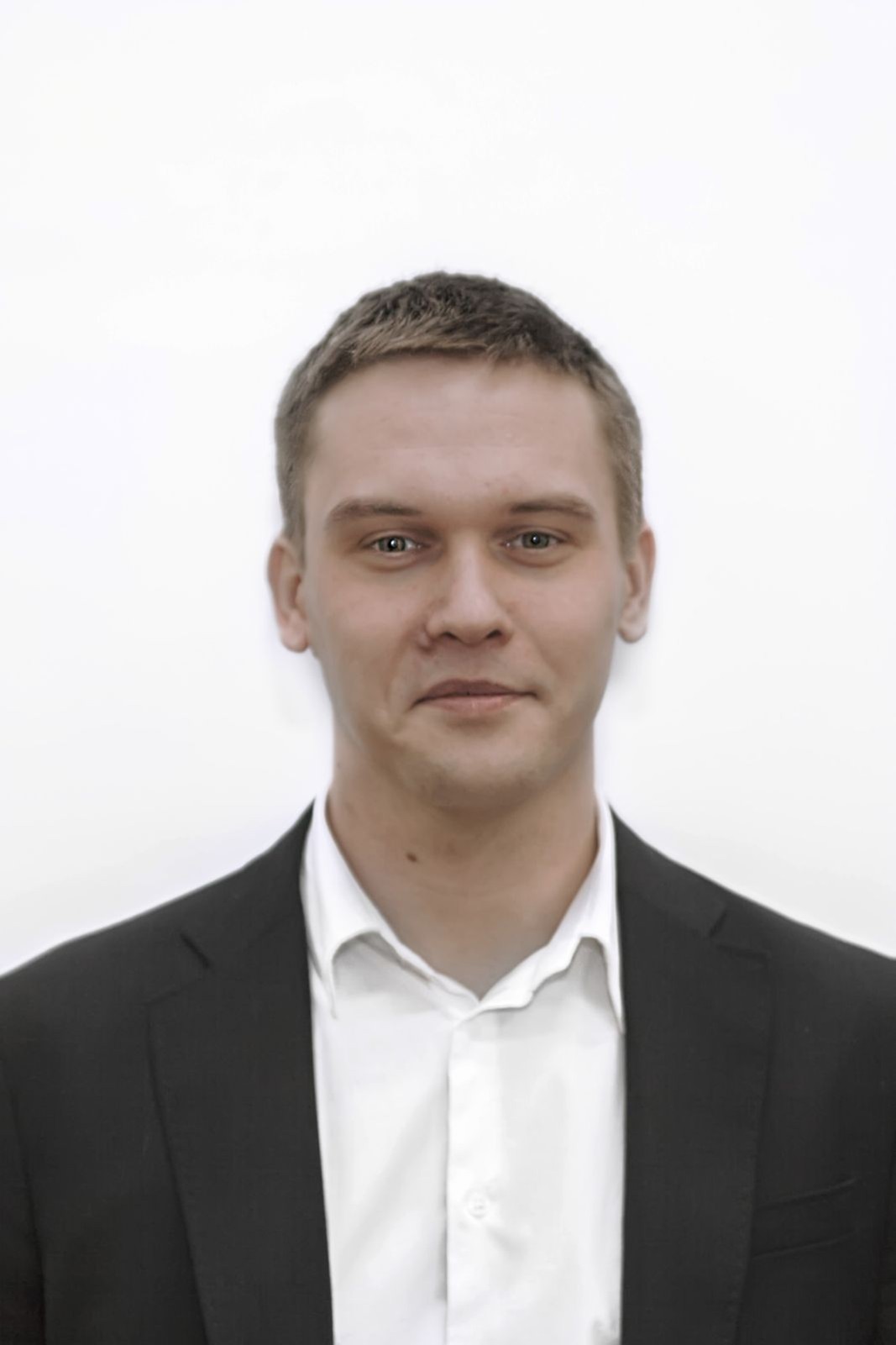
Ph.D., Associate Professor of the Electrical and Electronic Apparatuses Department, National University Zaporizhzhia Politechnic (Ukraine)
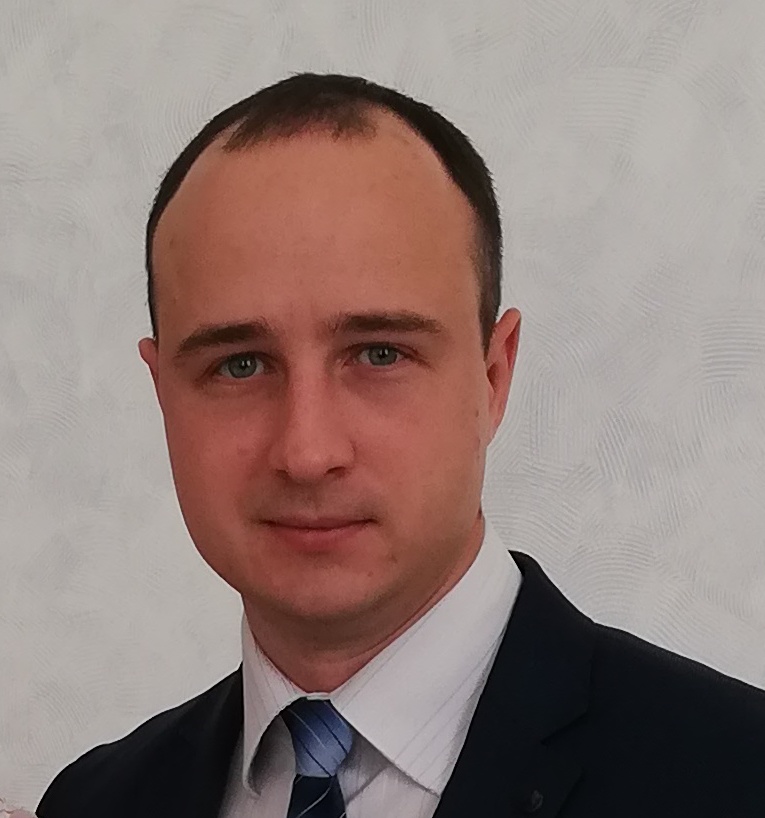
General Conference Chair
Ph.D., Associate Professor, Department of Mechanical Engineering Technology, National University Zaporizhzhia Polytechnic (Ukraine)

Conference Co-Chair
D.Sc., Professor, Head of the Aviation Engine Technology Department, National University Zaporizhzhia Polytechnic (Ukraine)

Conference Co-Chairs, Program Committee Chairs
D.Sc., Professor, Los-Angeles (USA)
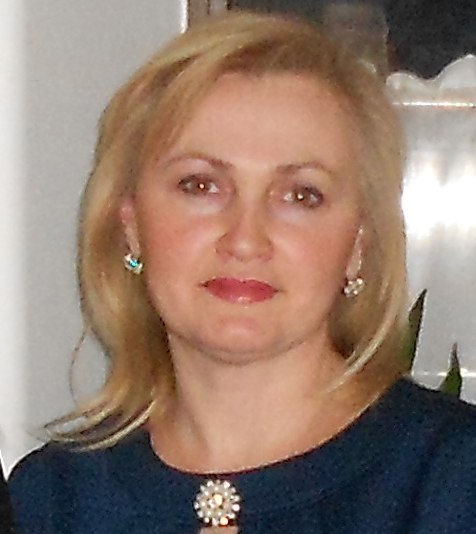
Conference Co-Chairs, Publication Chairs
Ph.D., Associate Professor, Department of Mechanical Engineering Technology, National University Zaporizhzhia Polytechnic (Ukraine)
Conference Co-Chairs, Publication Chairs
Ph.D., Associate Professor, Electric Drive and Commercial Plant Automation Department, Head of the Children and Youth Scientific University of the National University Zaporizhzhia Polytechnic (Ukraine)
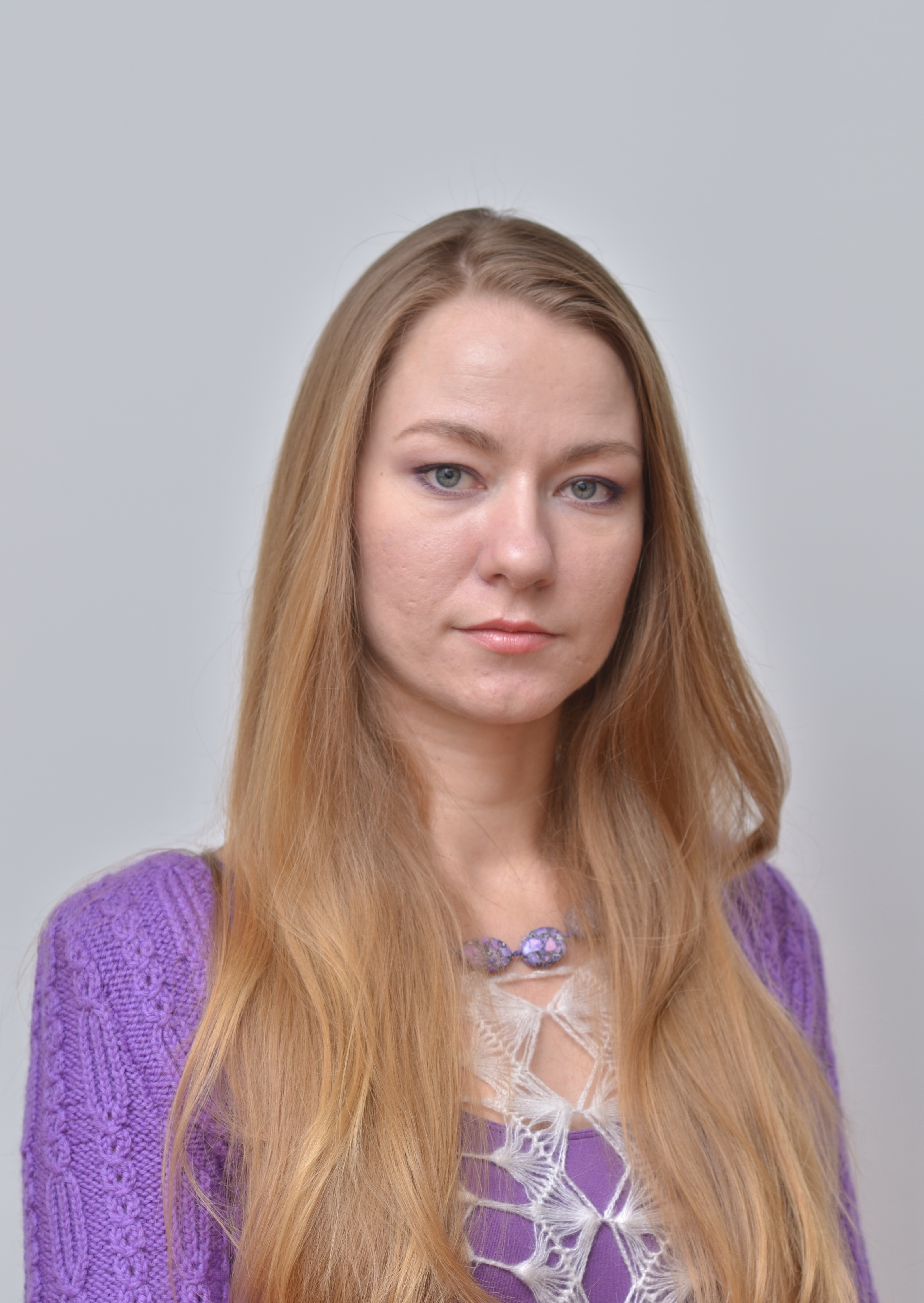
Conference Co-Chairs, Organizational Issues
Ph.D., Associate Professor, Electric Drive and Commercial Plant Automation Department, Head of the Center for Internationalization and International Cooperation, National University Zaporizhzhia Polytechnic
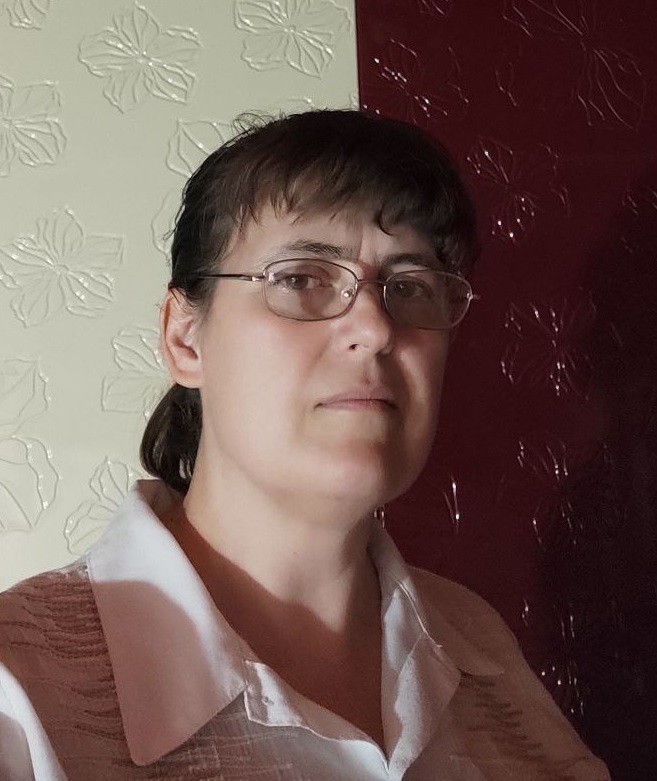
Conference Co-Chairs, Organizational Issues
Ph.D., Associate Professor, Department of Mechanical Engineering Technology, National University Zaporizhzhia Polytechnic (Ukraine)
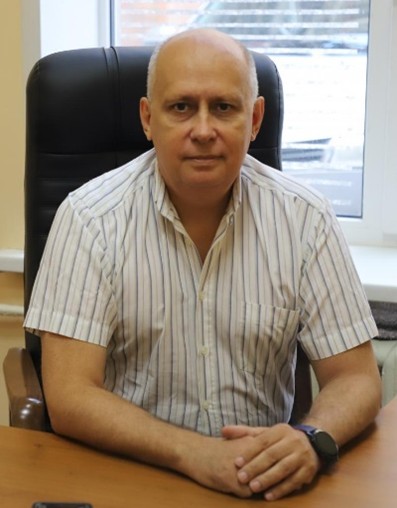
Ph.D., Associate Professor, Head of the Metal Cutting Machines and Tools Department, National University Zaporizhzhia Polytechnic (Ukraine)

Ph.D., Associate Professor, Head of Department of Power Supply for Industrial Enterprises, National University Zaporizhzhia Polytechnic (Ukraine)
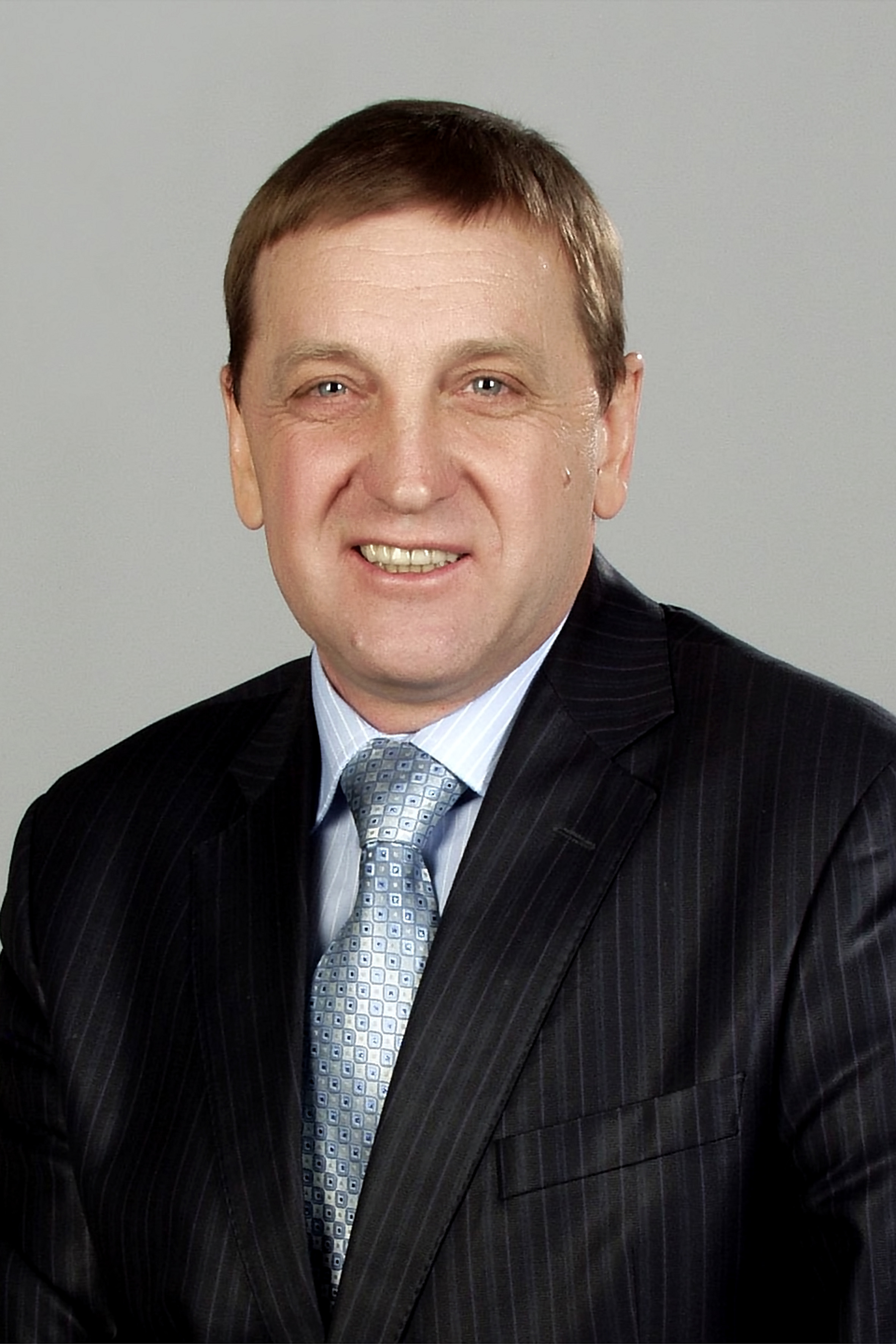
DSc., Corresponding Member of the National Academy of Sciences of Ukraine, General Designer, Director, Ivchenko-Progress SE (Ukraine)
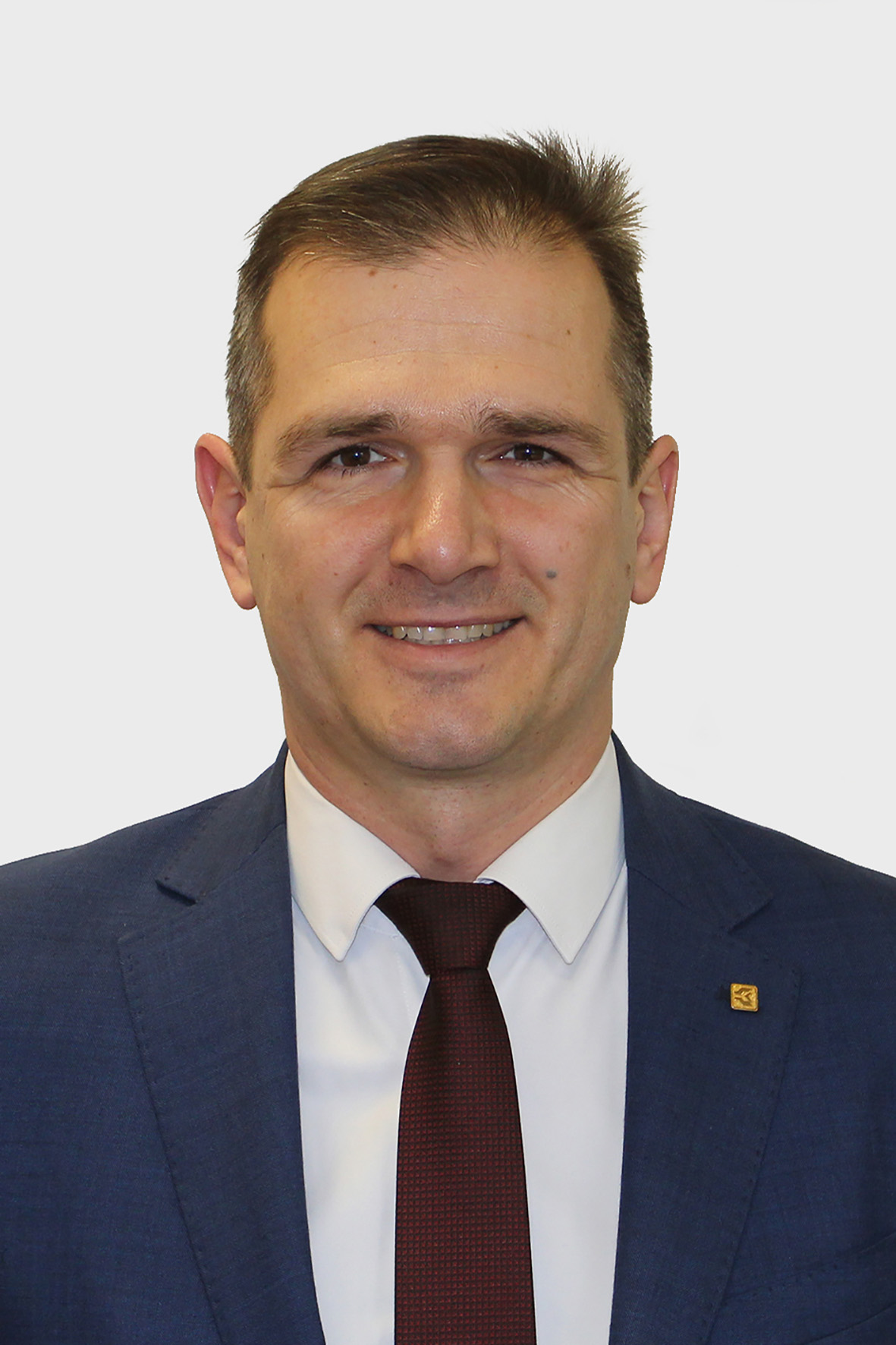
Ph.D., Deputy Director of the Enterprise for Scientific Work – Head of the Experimental and Testing Complex, Ivchenko-Progress SE (Ukraine)
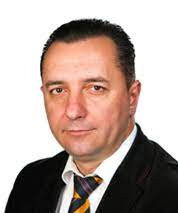
Ph.D., Chief Technologist, Ivchenko-Progress SE (Ukraine)
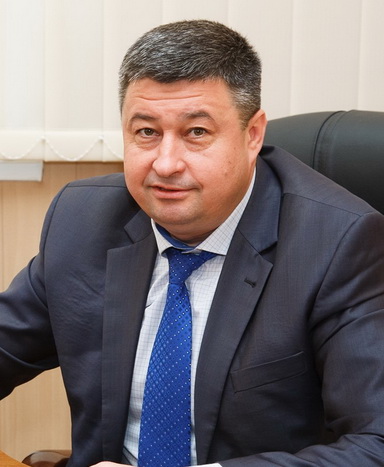
Professor, Ph.D., Rector of the university, Professor of the Department of Physical materials science, National University Zaporizhzhia Polytechnic (Ukraine)
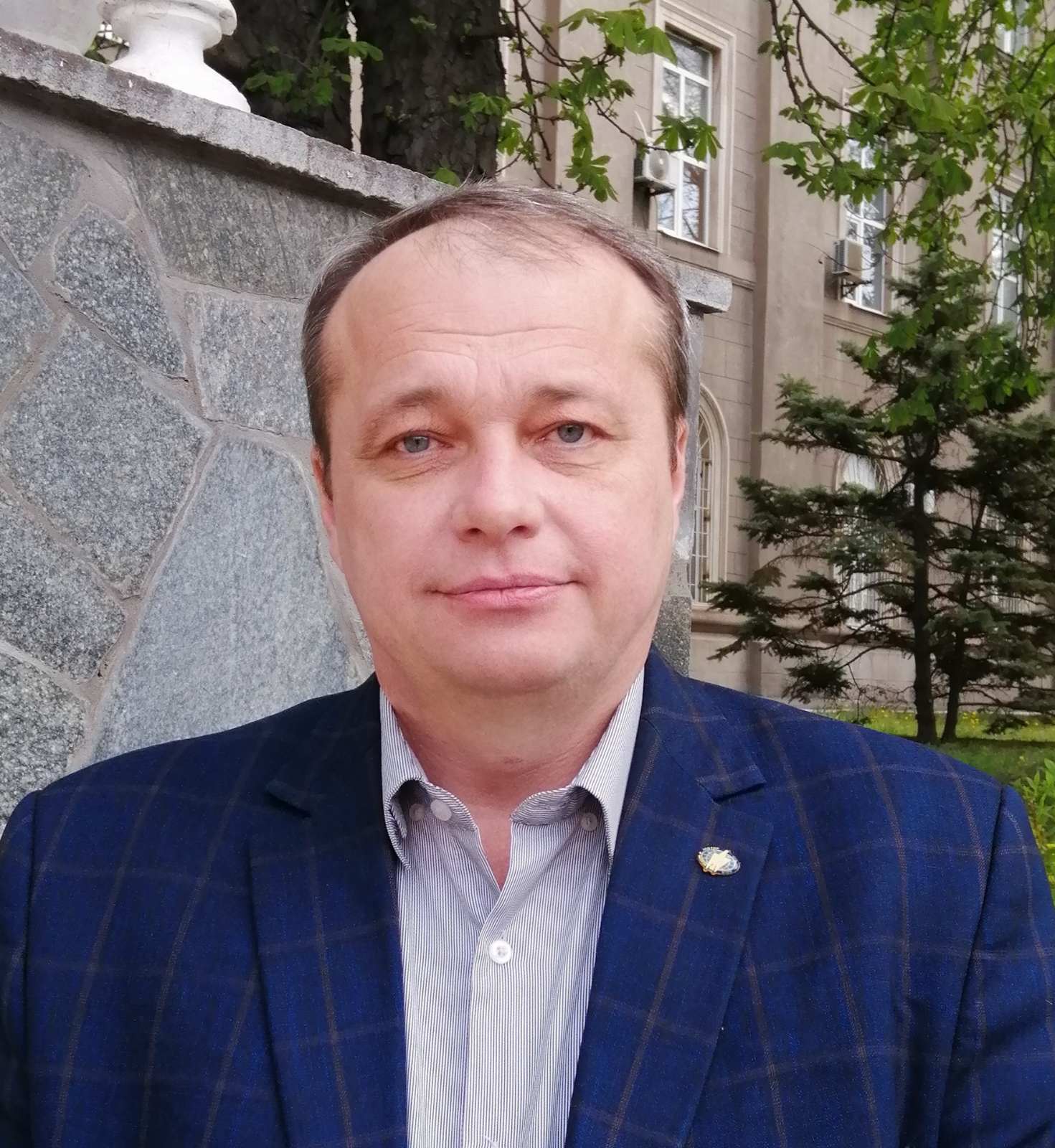
Head of the Chief Technologist's Department, Motor Sich JSC (Ukraine)

Ph.D., Associate Professor, Vice President of Zaporizhzhya Chamber of Commerse and Industry (Ukraine)
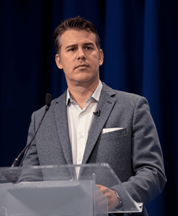
Managing Director, Carveco Ltd., Kenilworth (UK)
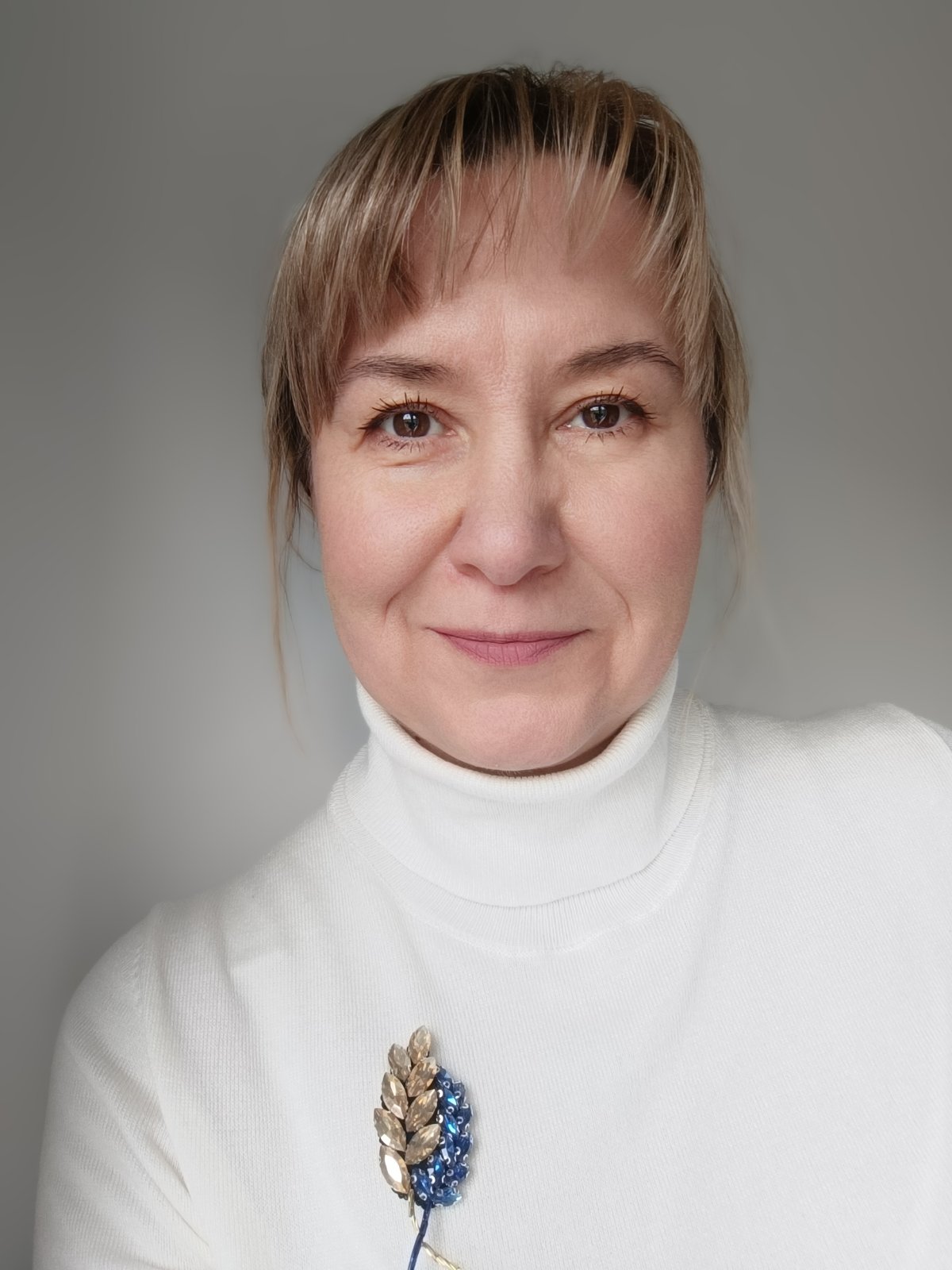
Ph.D., Associate Professor, Foreign Philology and Translation Department, National University Zaporizhzhia Polytechnic (Ukraine)
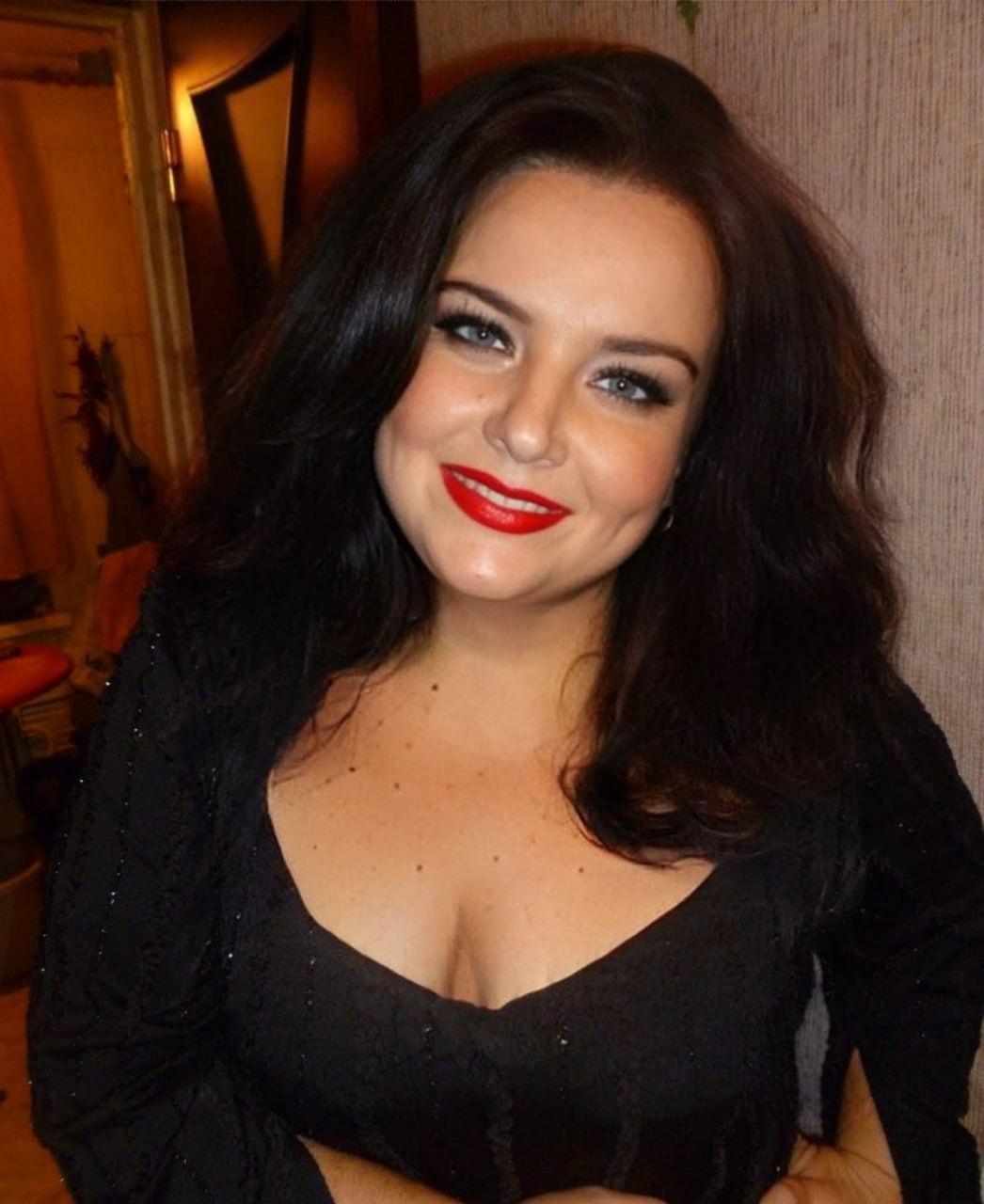
Ph.D, Associate Professor, Foreign Philology and Translation Department, National University Zaporizhzhia Polytechnic (Ukraine)
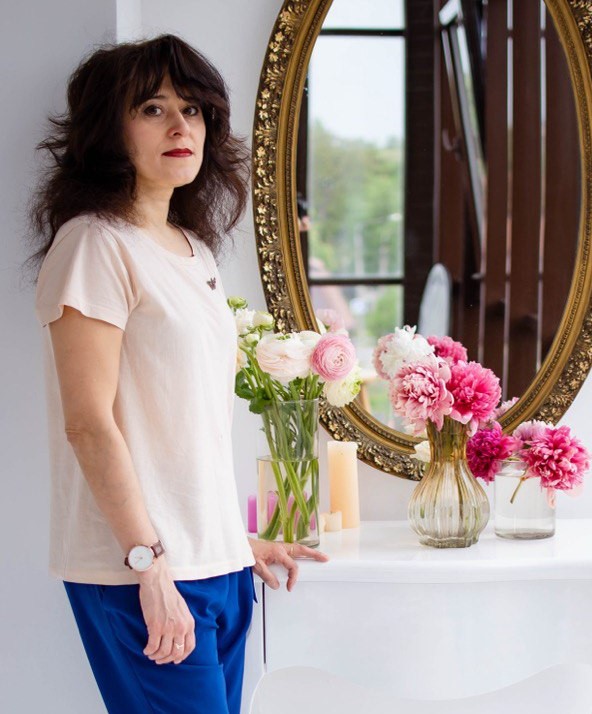
Senior Lecturer, Foreign Philology and Translation Department, National University Zaporizhzhia Polytechnic (Ukraine), Pearson English International Certificate Interlocutor & Assessor (UK)
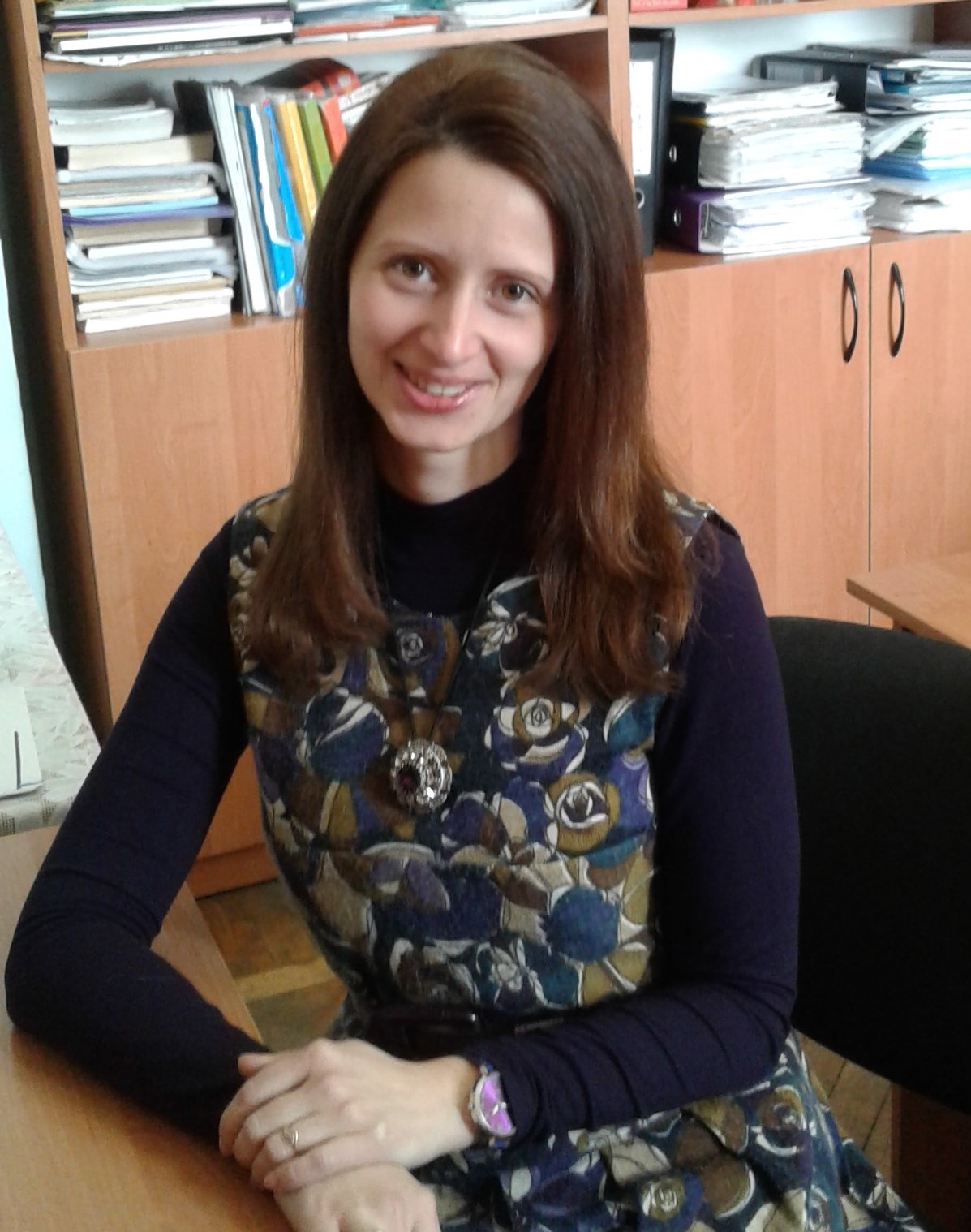
Ph.D., Associate Professor, Foreign Philology and Translation Department, National University Zaporizhzhia Polytechnic (Ukraine)
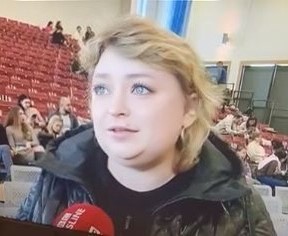
Ph.D., Associate Professor of Foreign Philology and Translation Department, National University Zaporizhzhia Polytechnic (Ukraine)
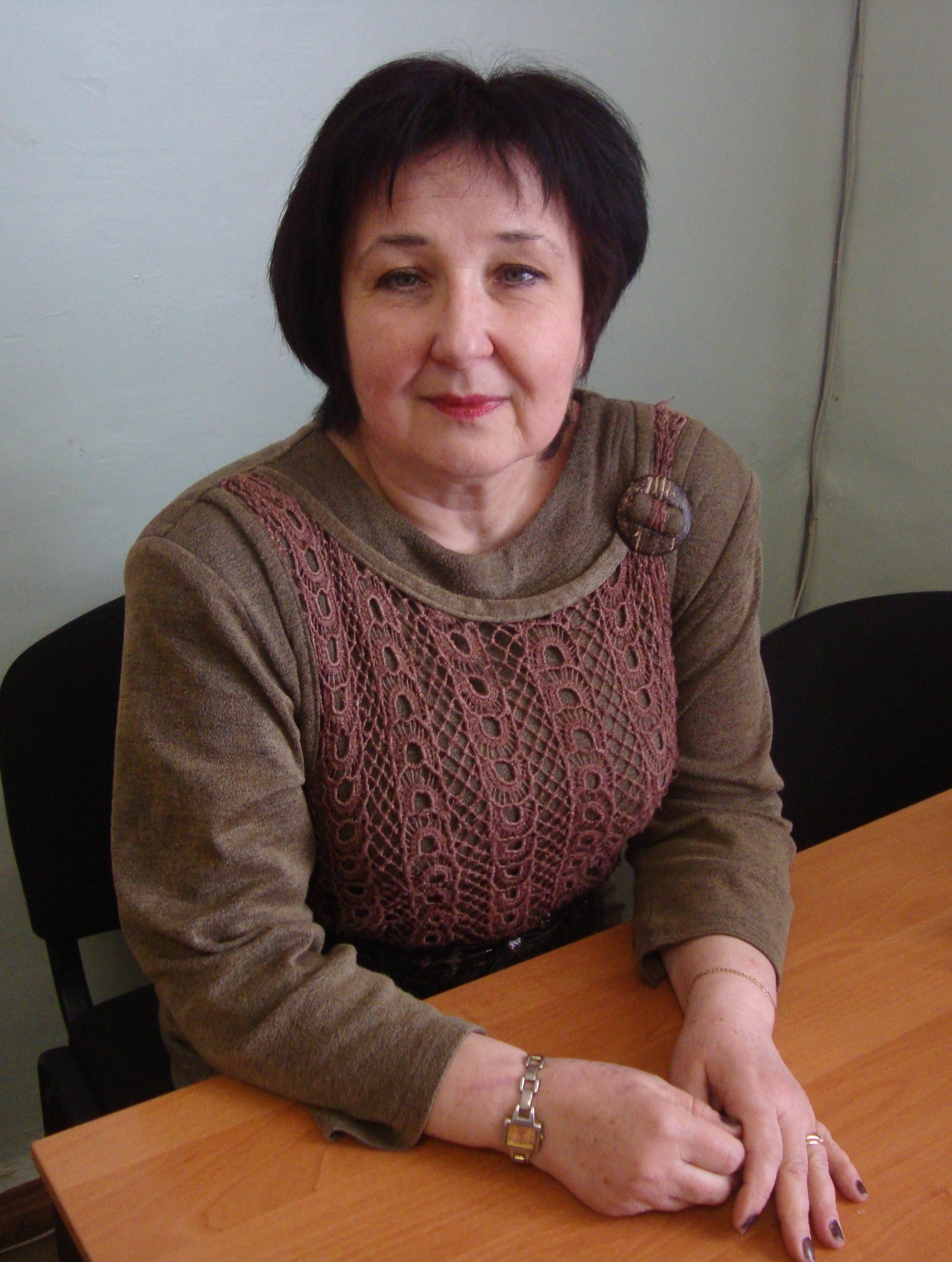
Senior Lecturer, Foreign Philology and Translation Department, National University Zaporizhzhia Polytechnic (Ukraine)
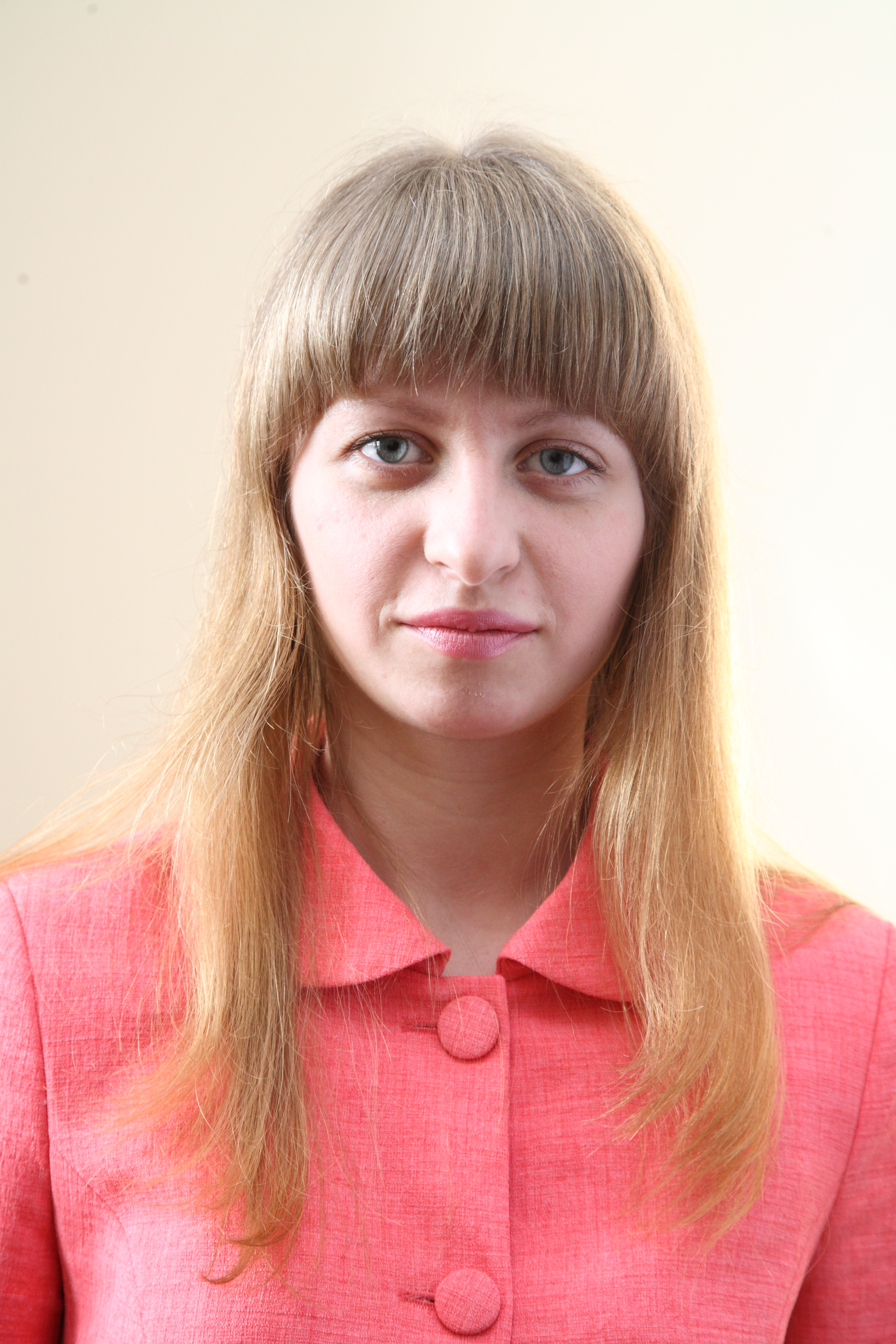
Senior Lecturer, Foreign Philology and Translation Department, National University Zaporizhzhia Polytechnic (Ukraine)
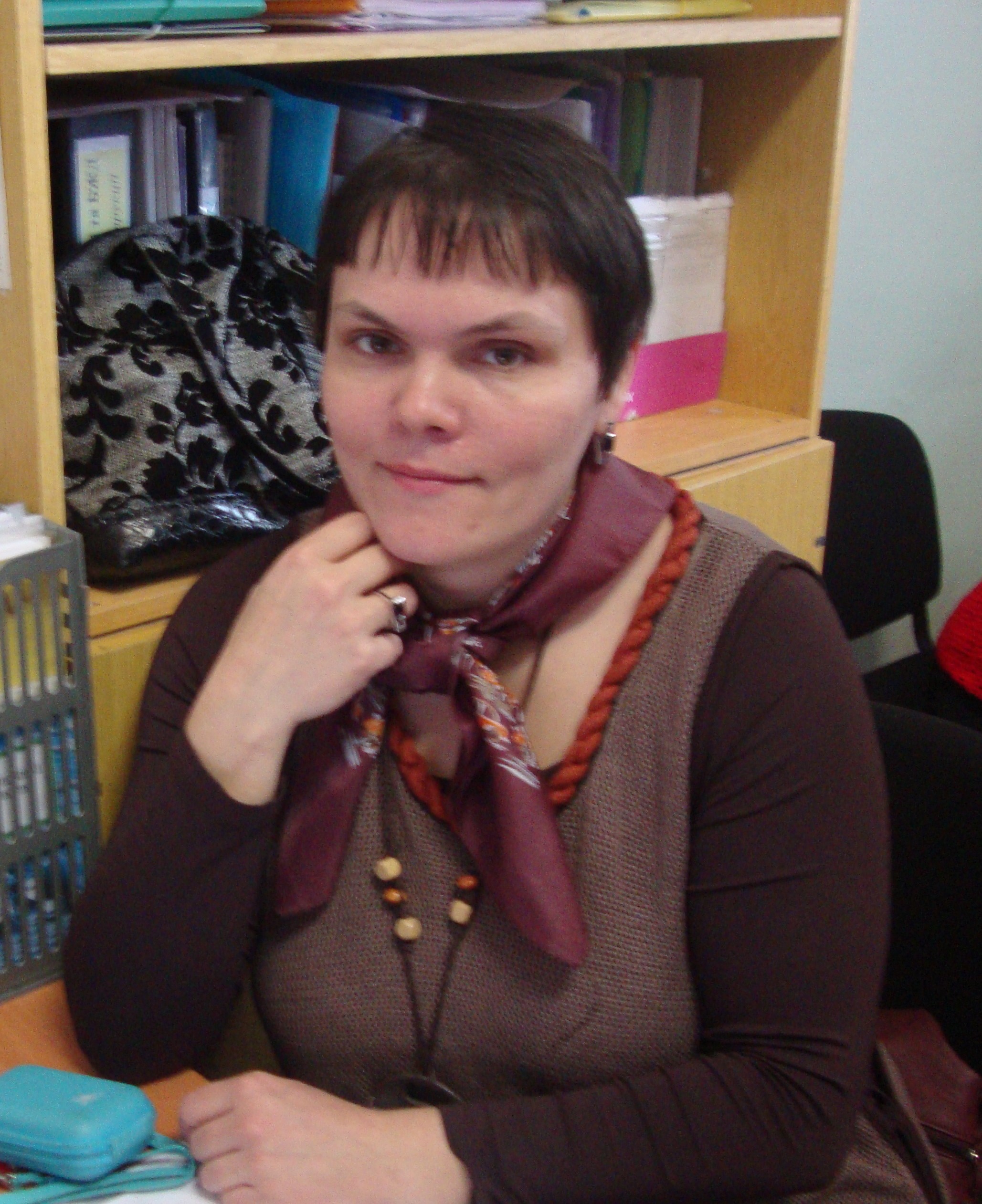
Ph.D., Associate Professor of Foreign Philology and Translation Department, National University Zaporizhzhia Polytechnic (Ukraine)

Head of the Scientometrics and Information Analysis Sector of the Research Library, National University Zaporizhzhia Polytechnic (Ukraine)

PhD (Philology), Associate Professor, Acting Head, Department of Foreign Philology and Translation, National University Zaporizhzhia Polytechnic
The conference will be held in a hybrid format. You can attend in person in Conference Hall (room 513) at National University Zaporizhzhia Polytechnic or in the Virtual Hall.
Click here to download the Conference Agenda.
The link to the Virtual Hall is
Day 1 – May 11, 2026 – Monday: https://us02web.zoom.us/j/82713533709?pwd=WcaxeZciw3lihWJwdPWbXM8OBM9tu4.1 .
ID: 827 1353 3709, Passcode: 2025
Day 2 – May 12, 2026 – Tuesday https://us02web.zoom.us/j/85354601881?pwd=yHkzZqDnTl6KDRRtrVHgtCax3K8iYb.1 .
ID: 853 5460 1881, Passcode: 2025
Day 3 – May 13, 2026 – Wednesday https://us02web.zoom.us/j/88395799831?pwd=mBaWs9GpKBb8xiXgjWLZZaLo8GFyUf.1.
ID: 883 9579 9831, Passcode: 2025
Please follow the following link to watch the sessions on the YouTube channel: https://www.youtube.com/@nuzp_official.
| Day | Time | Event |
|---|---|---|
| Day 1 – May 11, 2026 – Monday |
10:00–12:00 | Opening Ceremony |
| 12:00–13:00 | Time for Lunch | |
| 13:00–14:45 | Session 1 – Digital and Intelligent Manufacturing Engineering | |
| 14:45–15:00 | Technical Break | |
| 15:00–17:00 | Session 1 – Digital and Intelligent Manufacturing Engineering | |
| Day 2 – May 12, 2026 – Tuesday |
10:00–11:00 | Session 1 – Digital and Intelligent Manufacturing Engineering |
| 11:00–12:00 | Session 2 – Artificial Intelligence and Digital Technologies in Engineering | |
| 12:00–13:00 | Time for Lunch | |
| 13:00–14:45 | Session 2 – Artificial Intelligence and Digital Technologies in Engineering | |
| 14:45–15:00 | Technical Break | |
| 15:00–17:00 | Session 3 – Innovative Aerospace Technologies and Unmanned Aerial Vehicles (UAVs) | |
| Day 3 – May 13, 2026 – Wednesday |
10:00–12:00 | Session 4 – Modern Electrical and Energy Systems |
| 12:00–13:00 | Time for Lunch | |
| 13:00–14:45 | Closing Ceremony |
Corresponding Authors should submit their papers online using the METEOR.
The submission webpage for SIEMS-2026 is: https://meteor.springer.com/project/dashboard.jsf?id=2479&tab=About&auth_user=682047&auth_key=cc2cfb7d15b4e8a5bc2f2751d70d6ad8
User Guide for Submitting an Article: https://meteor.springer.com/jakarta.faces.resource/dynamiccontent.properties.jsf?ln=meteor&vfsid=QLhW2J1UAUinpBVPtp39wIGPbmn1JB5jNdBh8D8Y3bmdR3PcfBr5Ce529yPABWyoBbUVwLtK4z%2BcZ6diSh%2F%2FBaWsrzuEeReDGhOdc9NYv0%2Bh%2FX1oa99EruWUj%2BBQV%2FRyR3cydCL0EccuJt3QZ37K&vfsfd=1
The manuscripts should be submitted in PDF format (file extension *.pdf). The deadline for paper submission is December 30, 2025.
Authors are welcome to submit original and unpublished research articles. All paper submissions to the SIEMS should be related to the conference topics. Each paper will be peer-reviewed by at least two program committee members and evaluated based on originality, technical and/or research content/depth, correctness, originality, completeness, contributions, and readability.If the article does not correspond to the conference topics, is not prepared according to the template, the number of pages does not meet the requirements, has a high level of plagiarism, the article does not have scientific novelty, relevance and practical value, or has a low level of English, the steering committee may reject the article and not pass it on for review.
Plagiarism is strictly monitored and will be checked by CrossRef.
The language of the conference proceedings is English. Manuscripts should be provided according to the guidelines given on the conference website. Please use the Springer paper template to prepare your paper and strictly follow the instructions in the template.
The deadline for paper submission is December 30, 2025.
Accepted papers must be presented at the conference by one of their authors who commits to register and attend the conference. The Steering Committee reserves the right to exclude papers not presented from the proceedings.
Please, pay attention that the number of co-authors is limited to up to five persons. One person can submit two papers at the most, but only one paper as the first author.
Each speaker is allocated 15 minutes. It is recommended to use up to 10 minutes for the presentation itself and 5 minutes for Q/A.
The recommended file type for presentations is PowerPoint (*.pptx) for slide presentations and MP4 (*.mp4) for videos.
The presentation files should be sent to the Organizing Committee (siems@zp.edu.ua) no later than May 1, 2026.
All presenters will be introduced to the audience by the Session Chair.
The template of the presentation can be downloaded via the link. We highly recommend preparing a presentation according to the mentioned below structure. Please keep to the format and do not exceed the maximum number of slides:
Remember that you can expand your presentation by giving comments, while only essential and graphical information should be presented on slides. The recommended number of slides in the presentation is 15-20.
The following points should be taken into consideration when preparing your oral presentation:
Make sure that you are available at least 10 minutes before the session starts on the conference day.
The session PC will be equipped with a Windows OS and MS PowerPoint software. Remember to embed all your fonts into your presentation.
If you show video or animated media, make sure it runs on Windows Media Player.
When preparing your slides, make sure that they will be legible for the entire audience (i.e., use fonts of sufficient size). JPEG/TIFF images are the preferred file format for inserted images. Images inserted into PowerPoint are embedded in the presentations. Try to avoid overloading the presentation with additional images.